
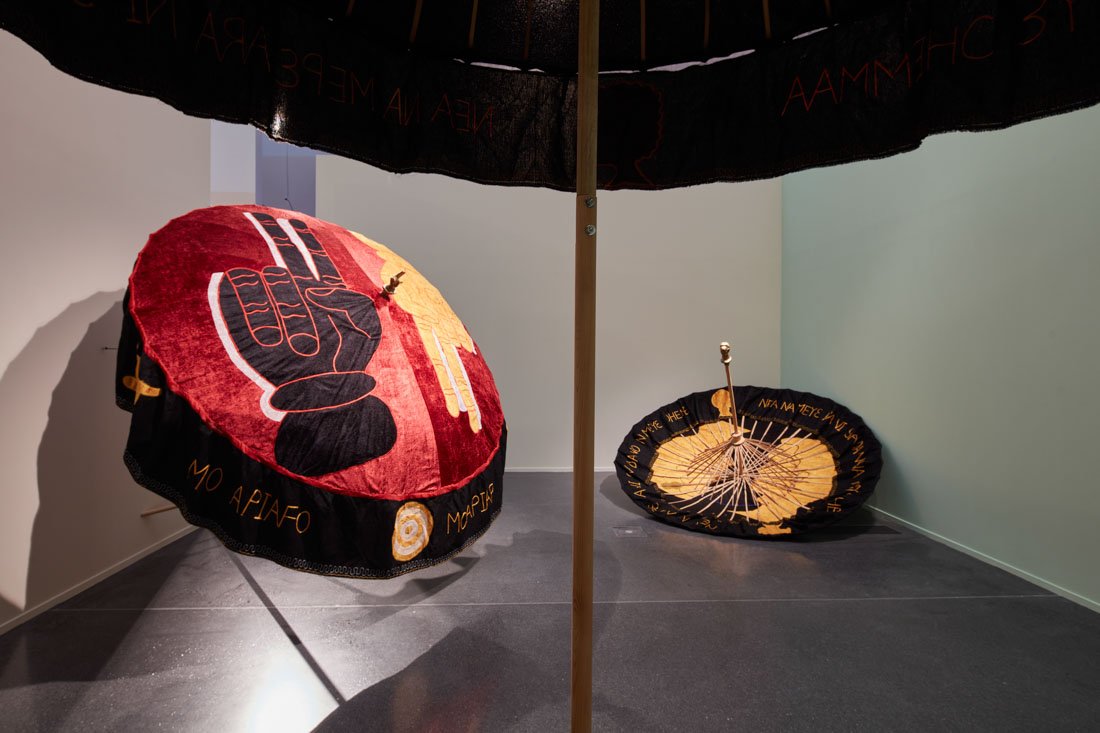

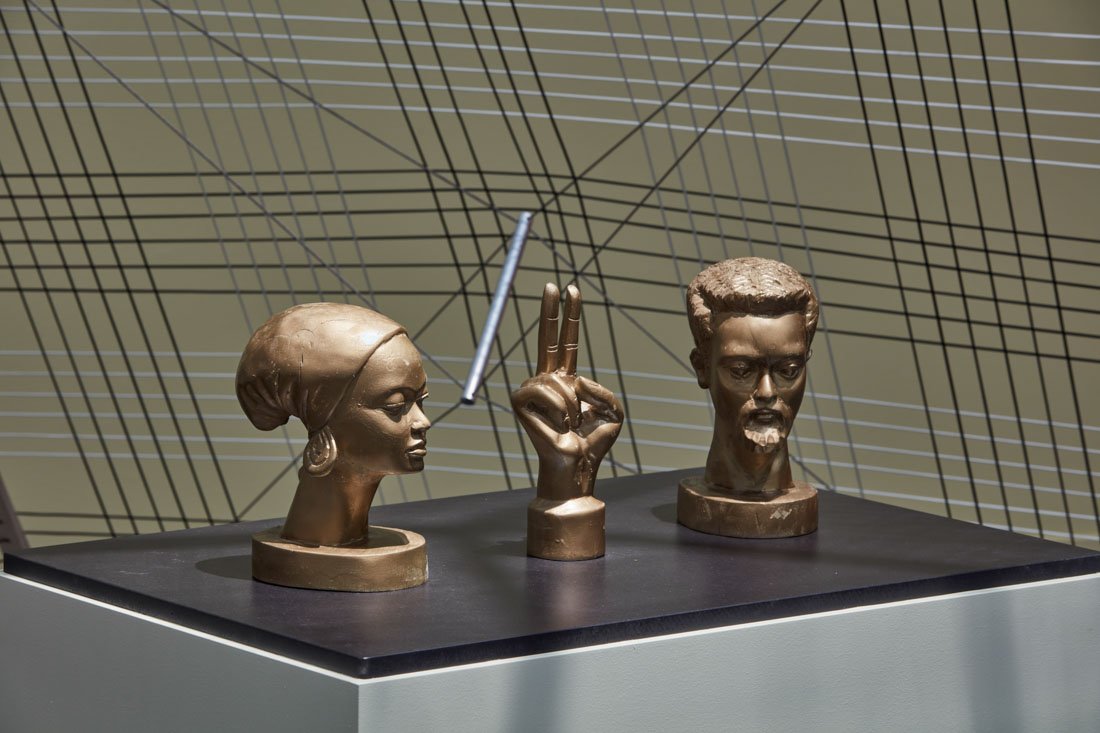

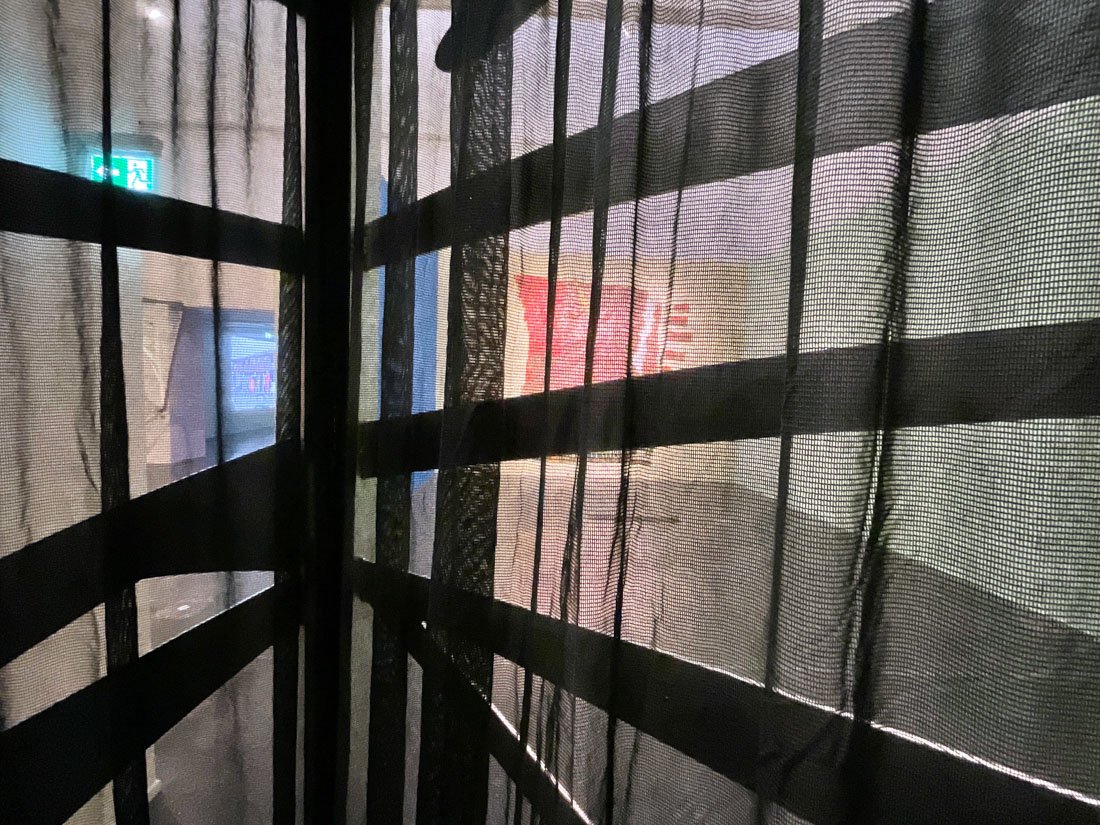

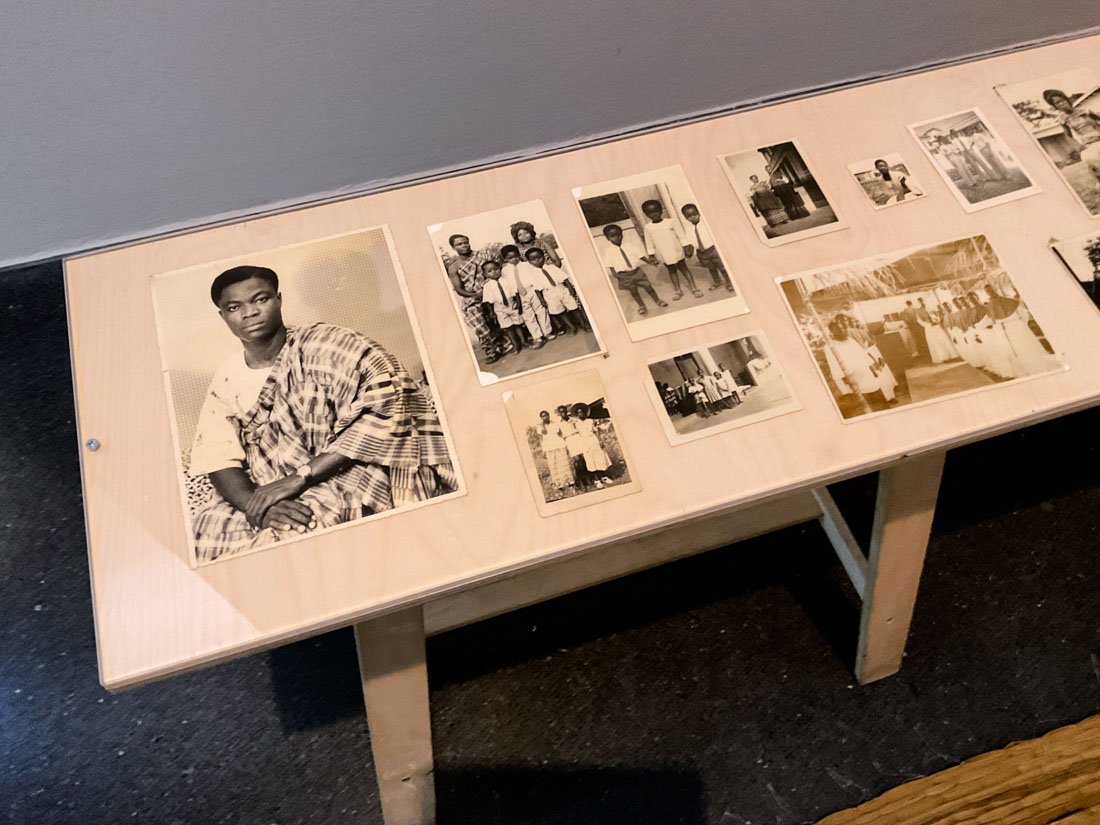


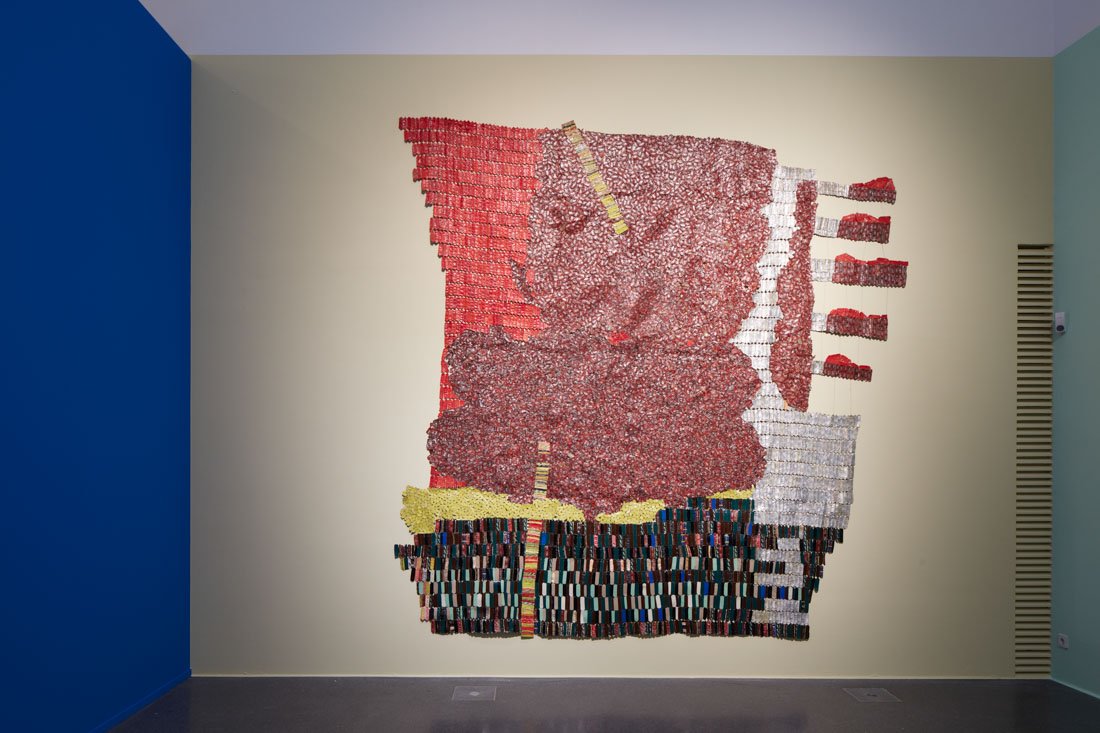

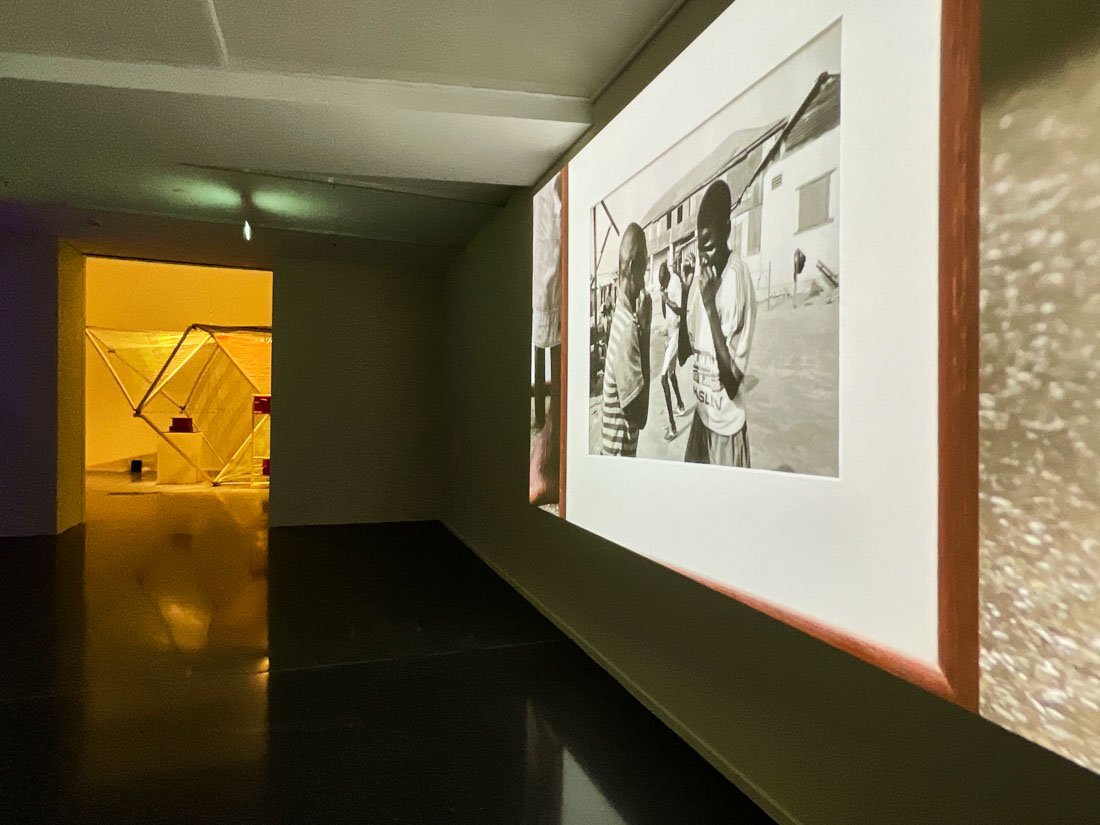

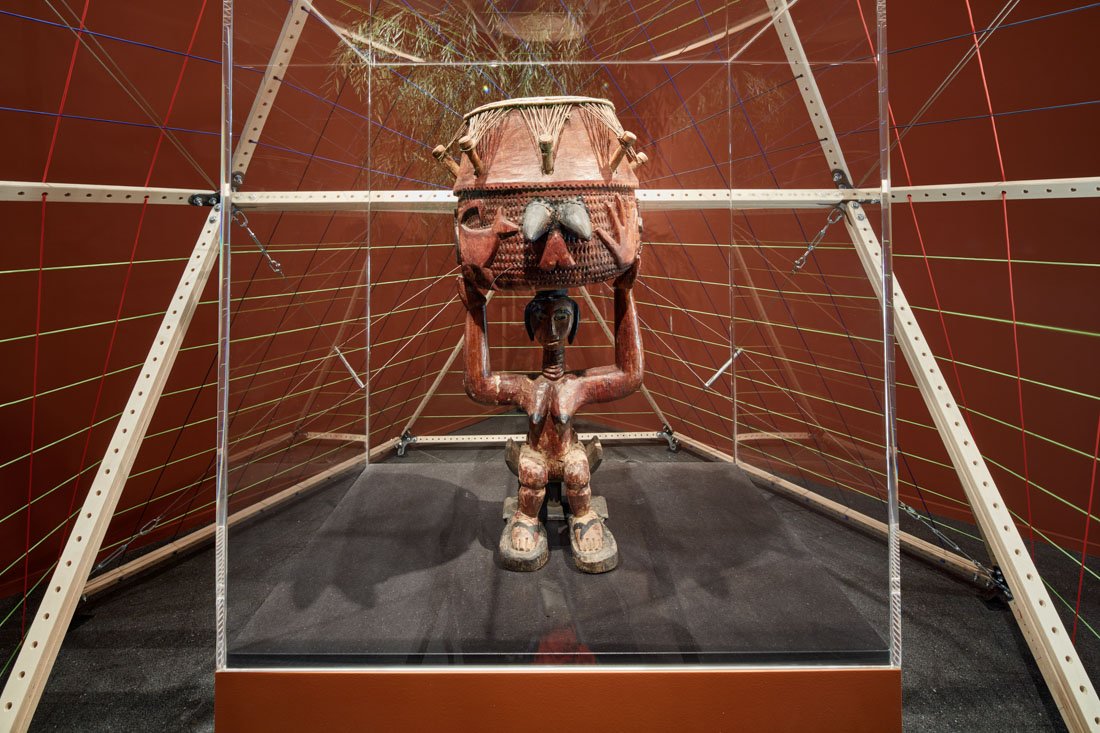

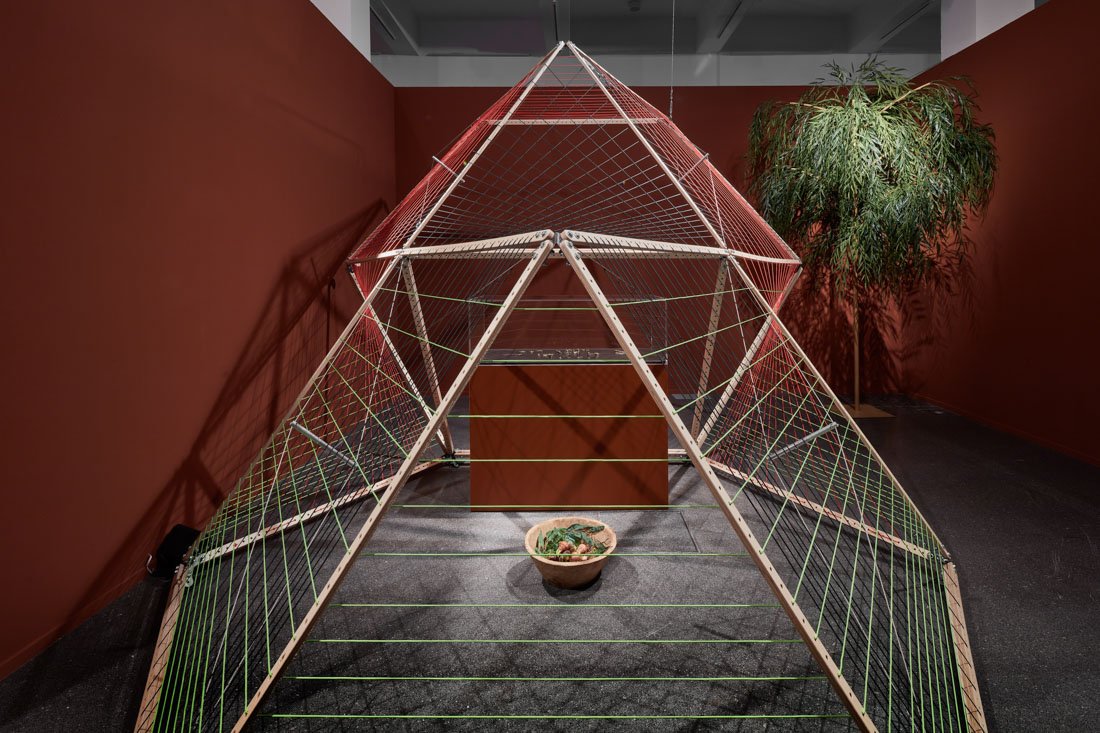

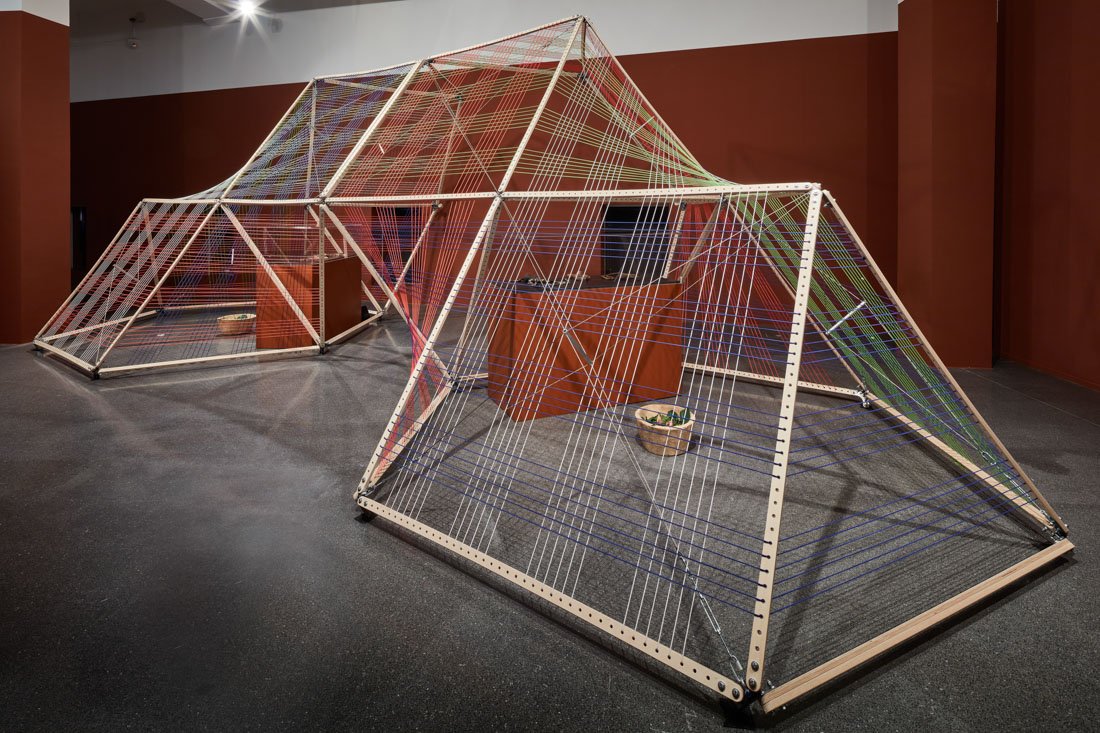
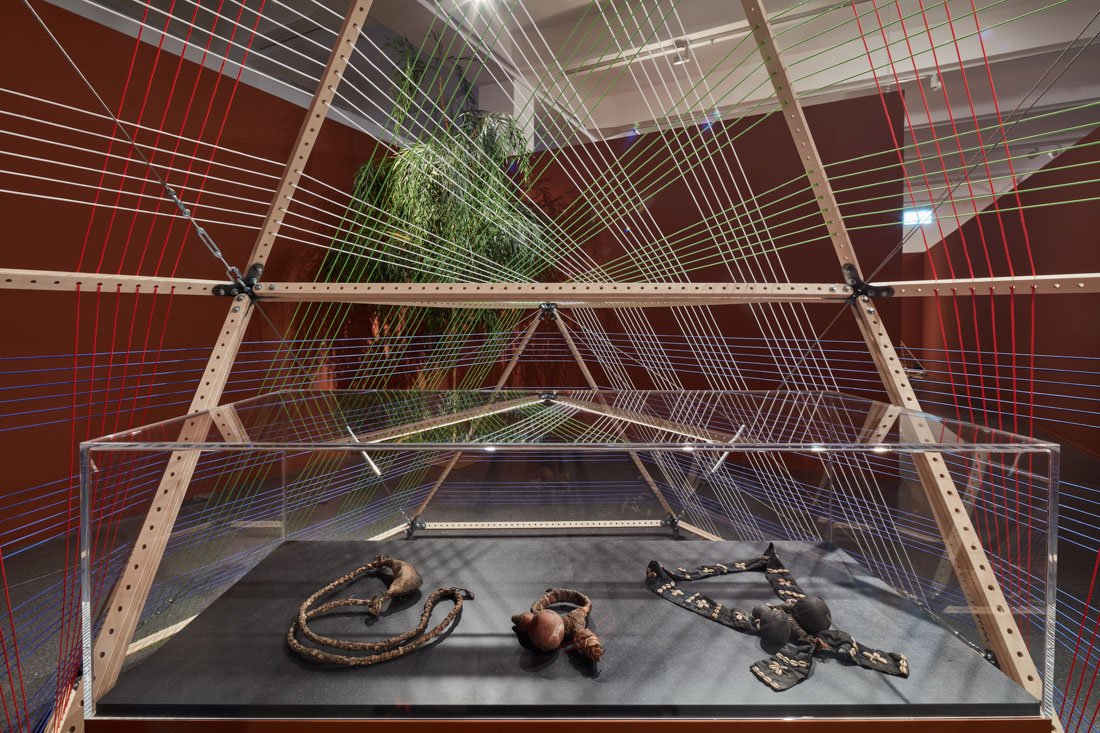

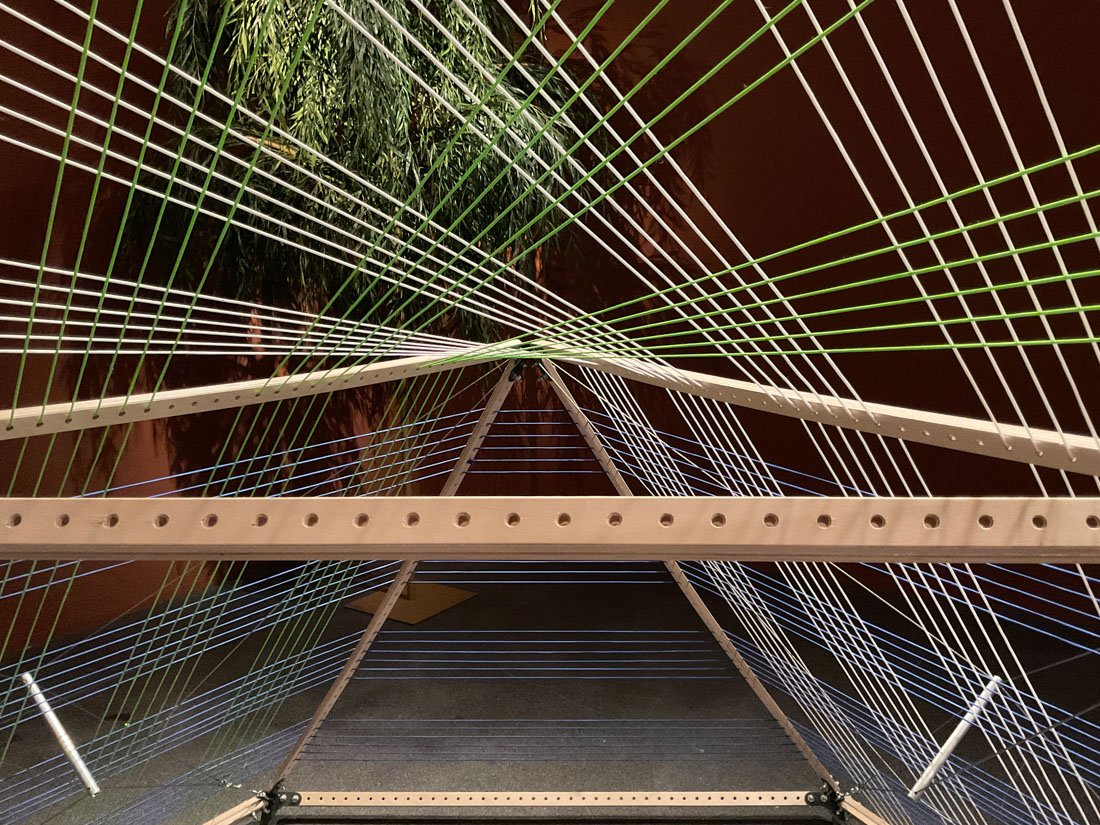

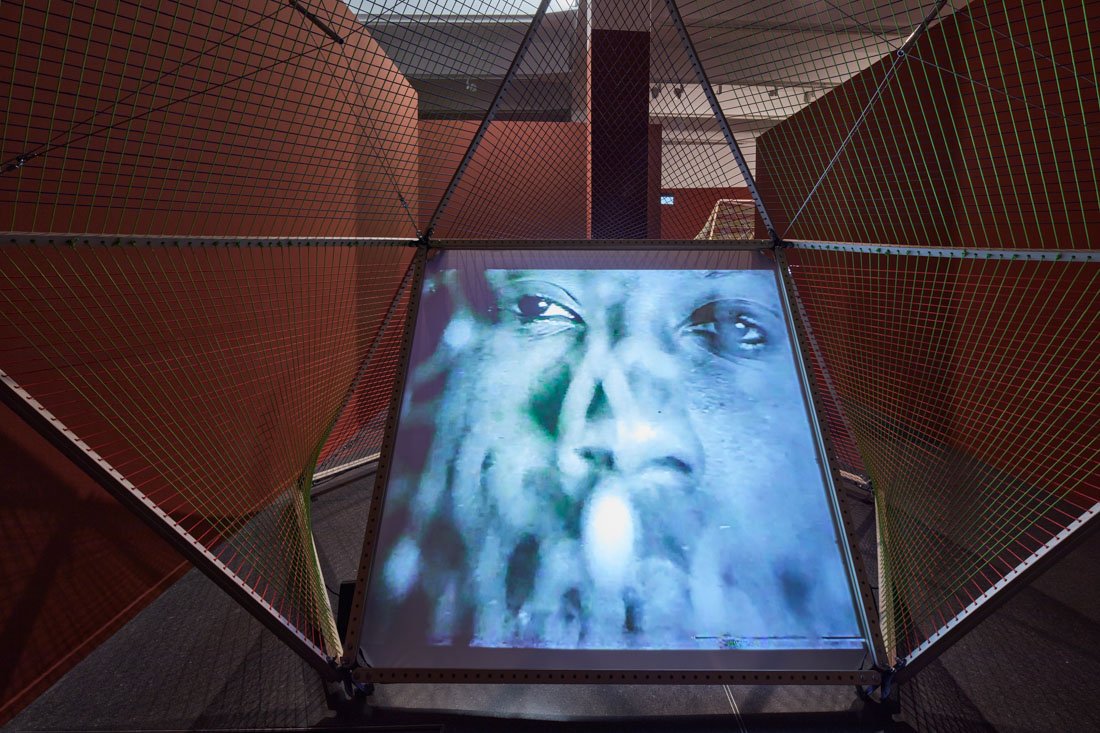
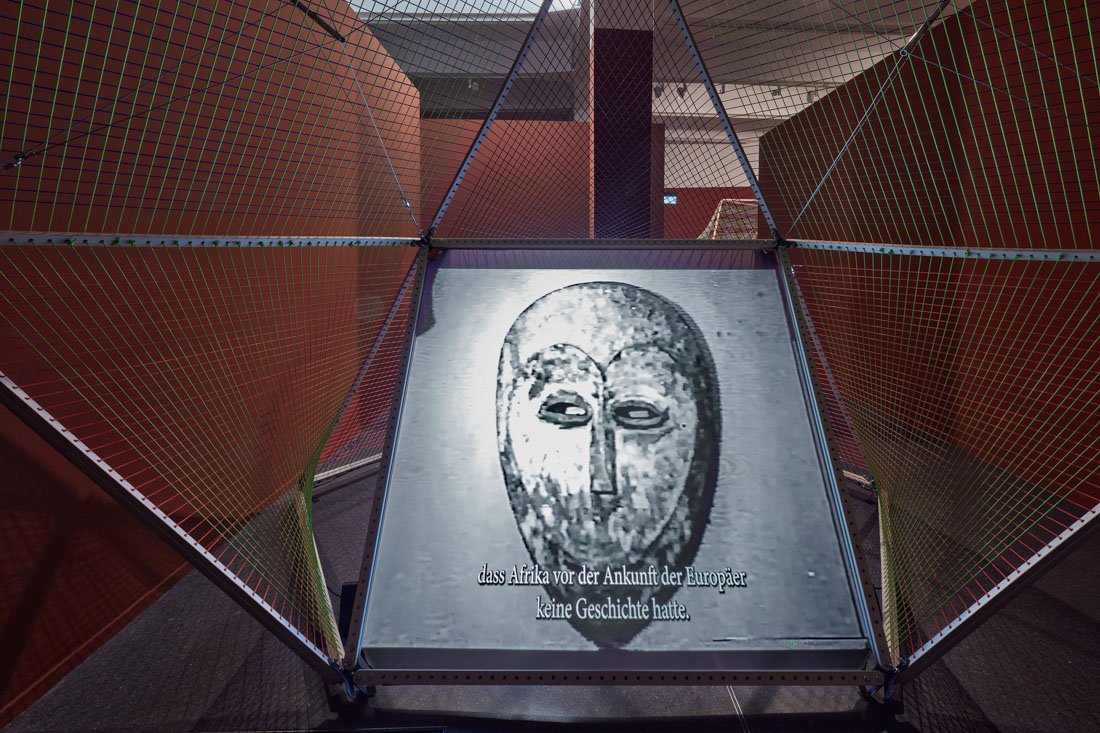
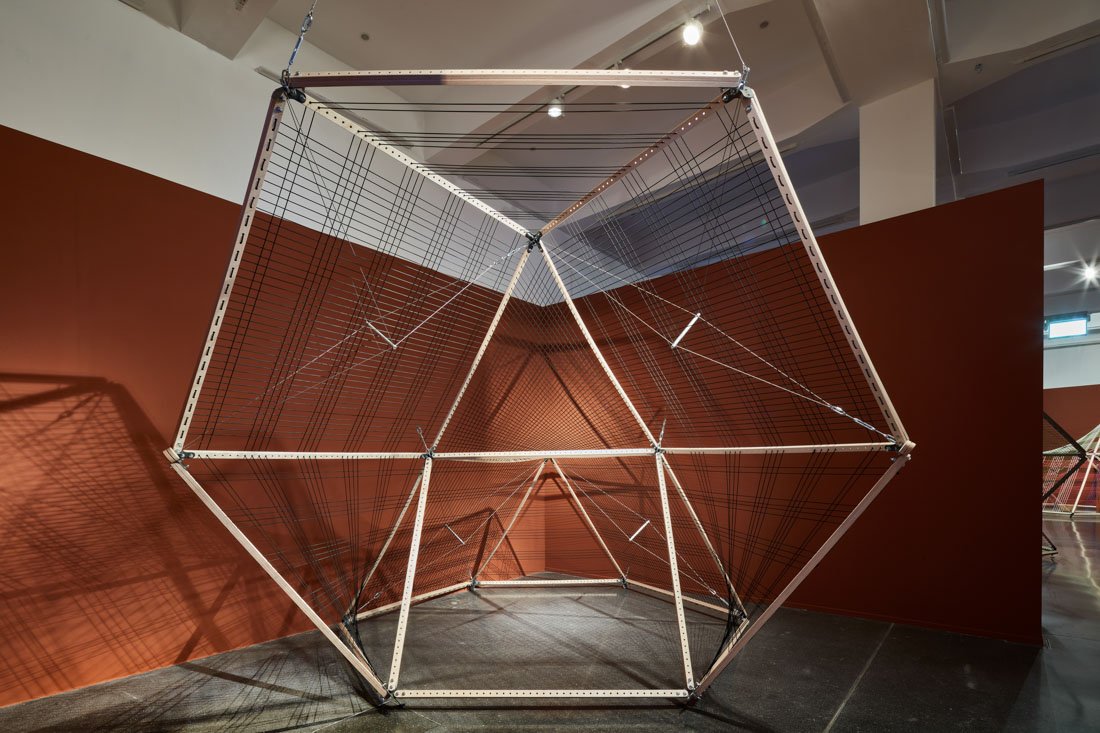

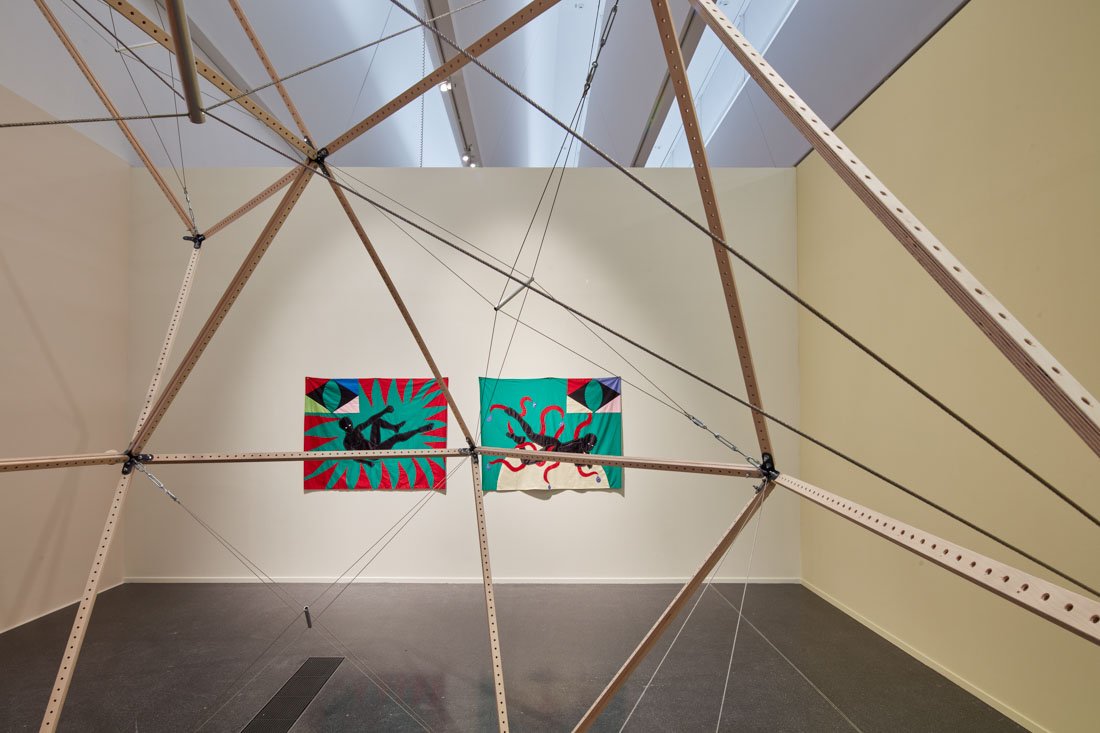
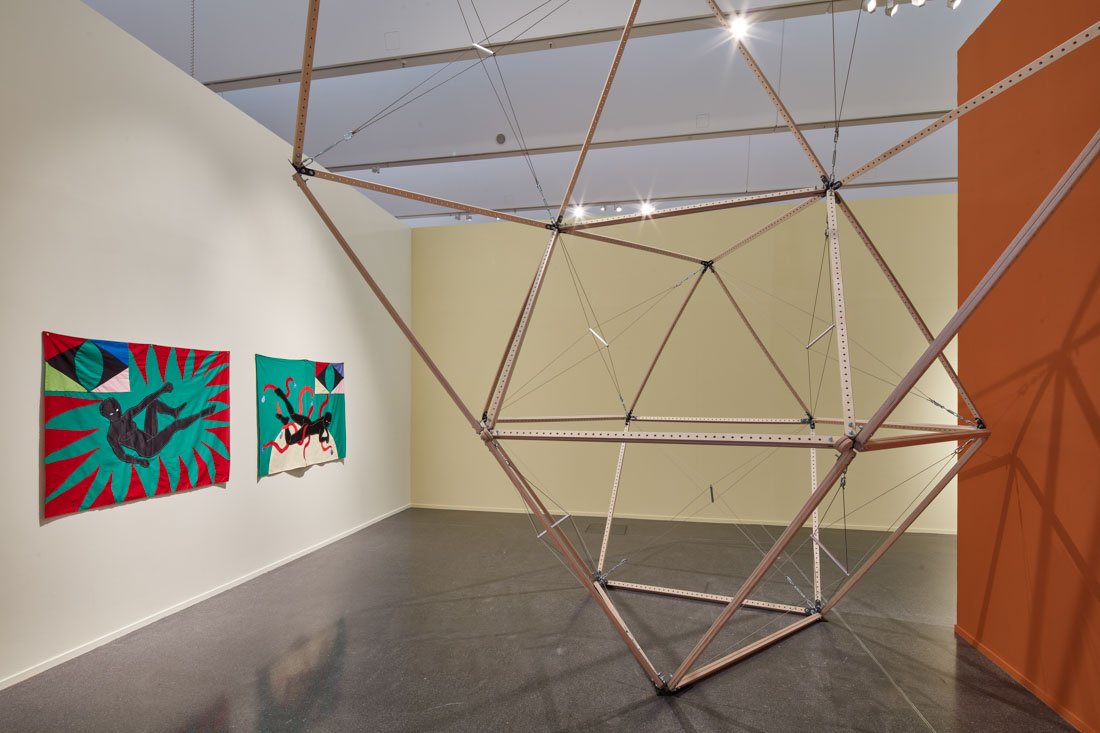
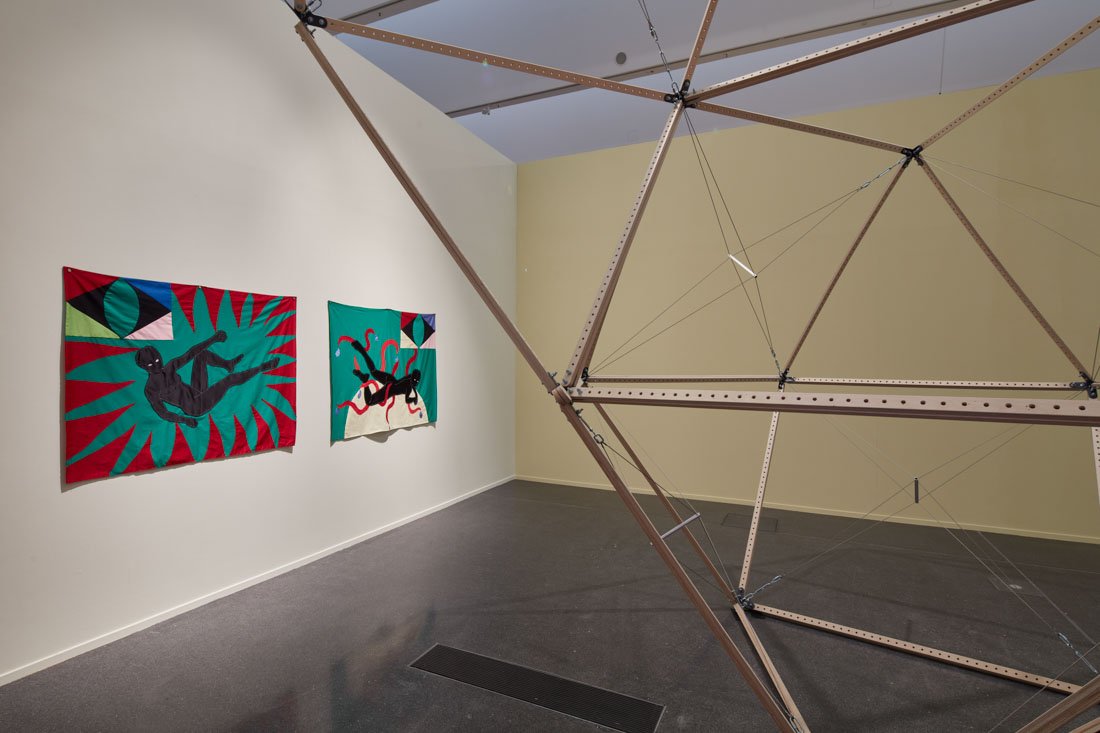
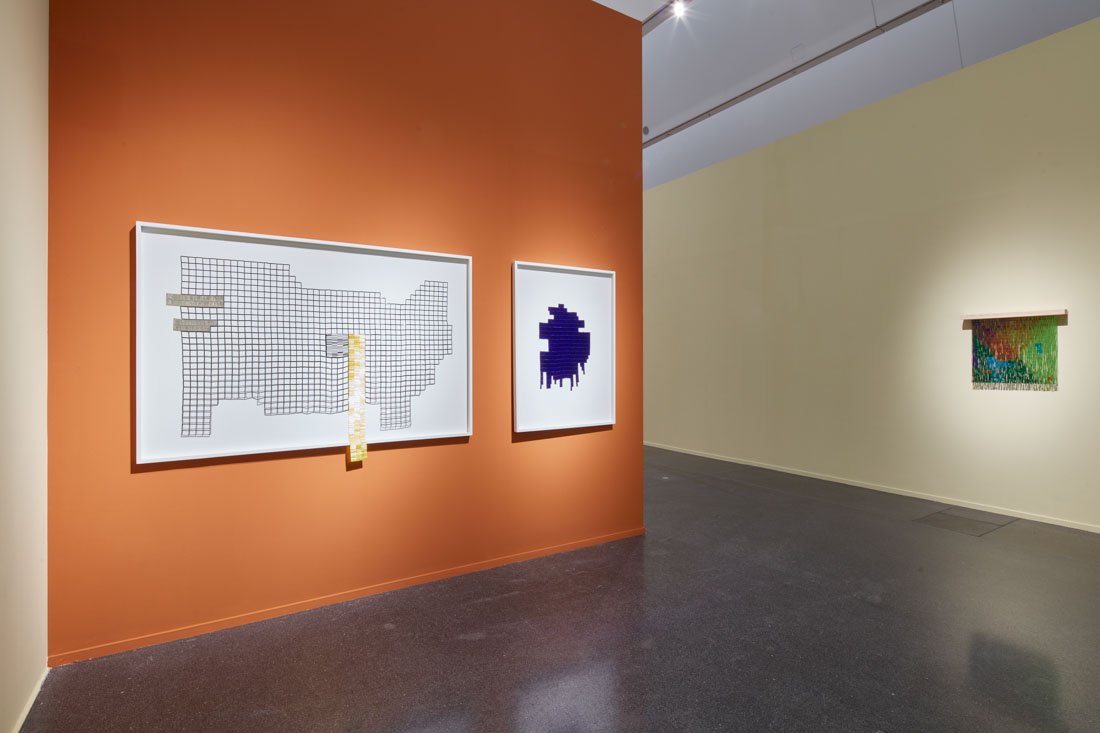
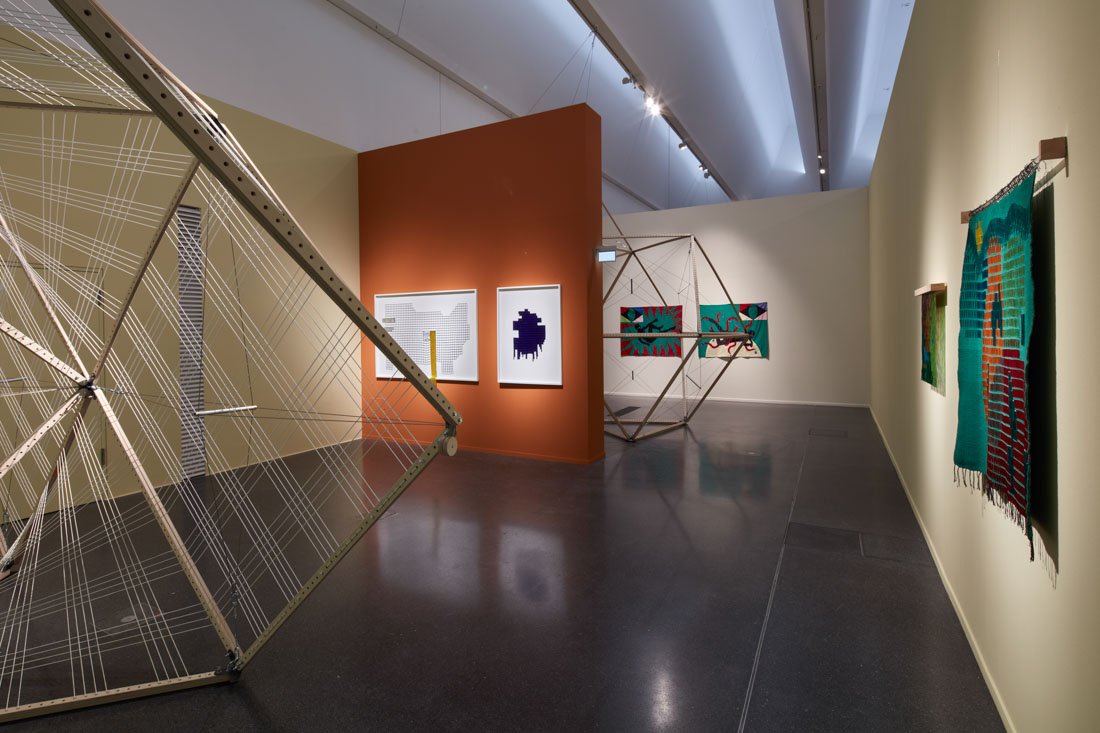
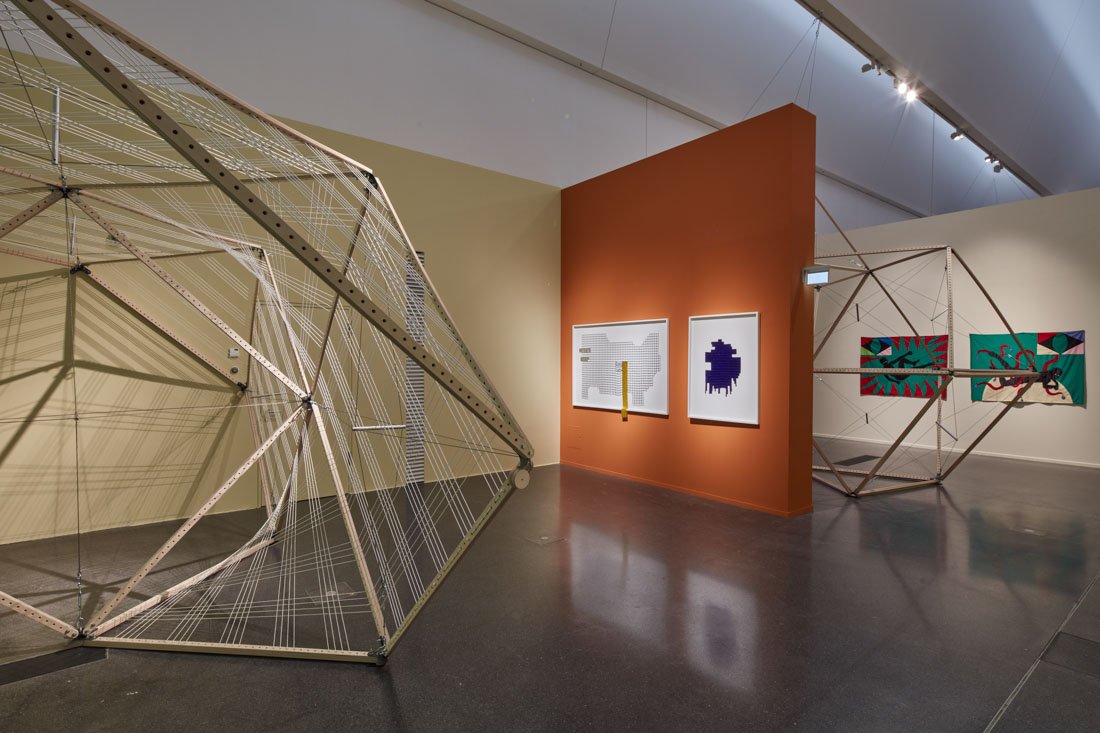

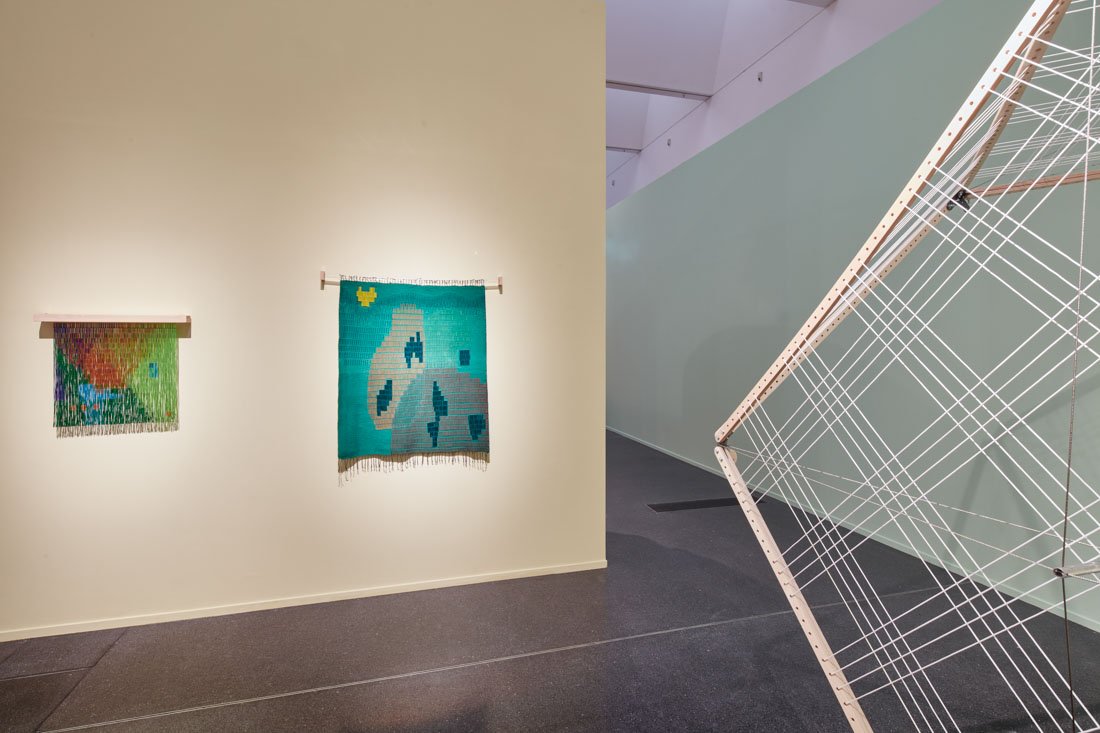

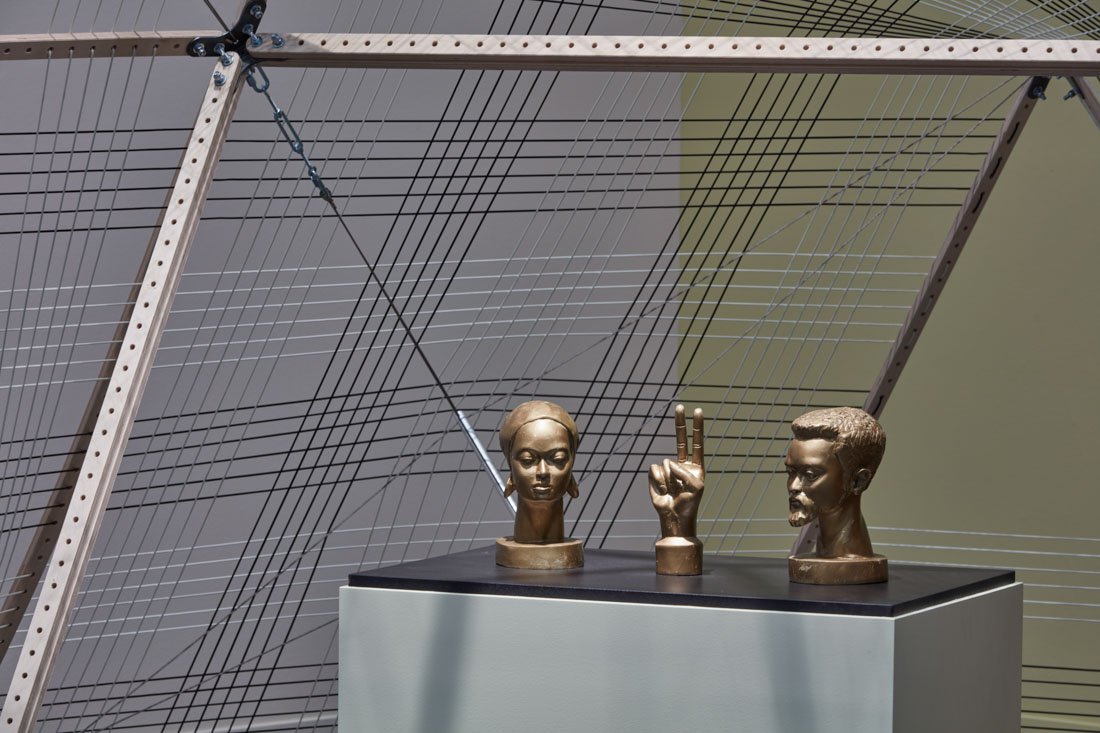

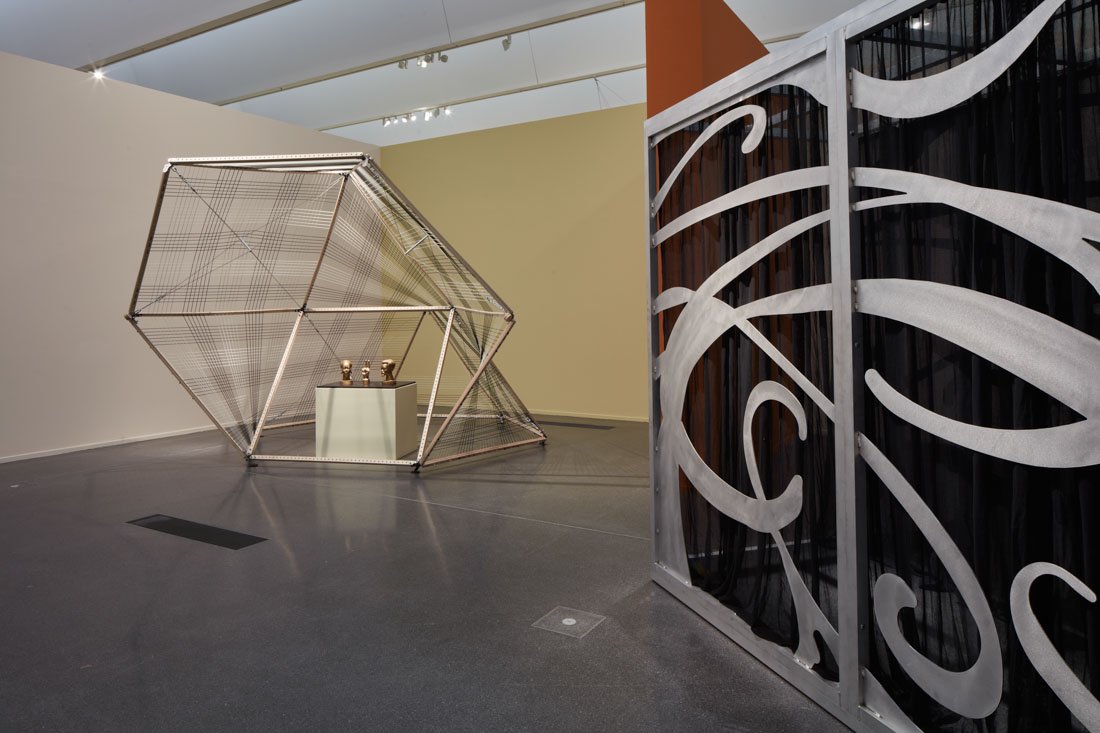
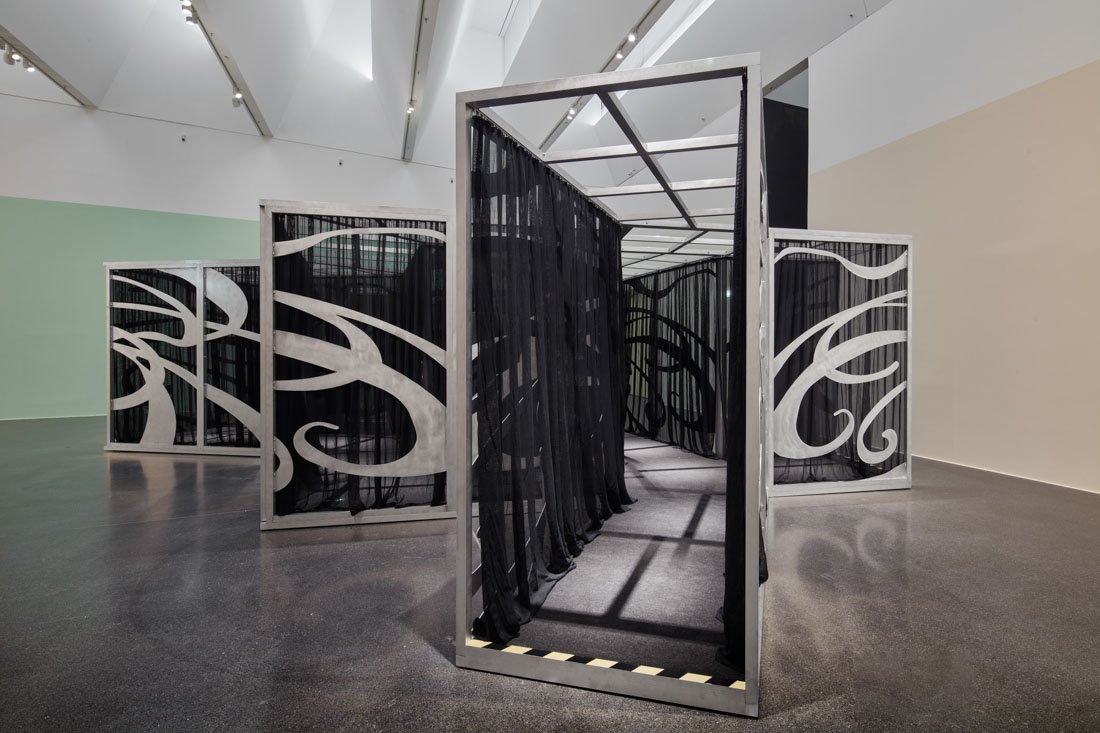
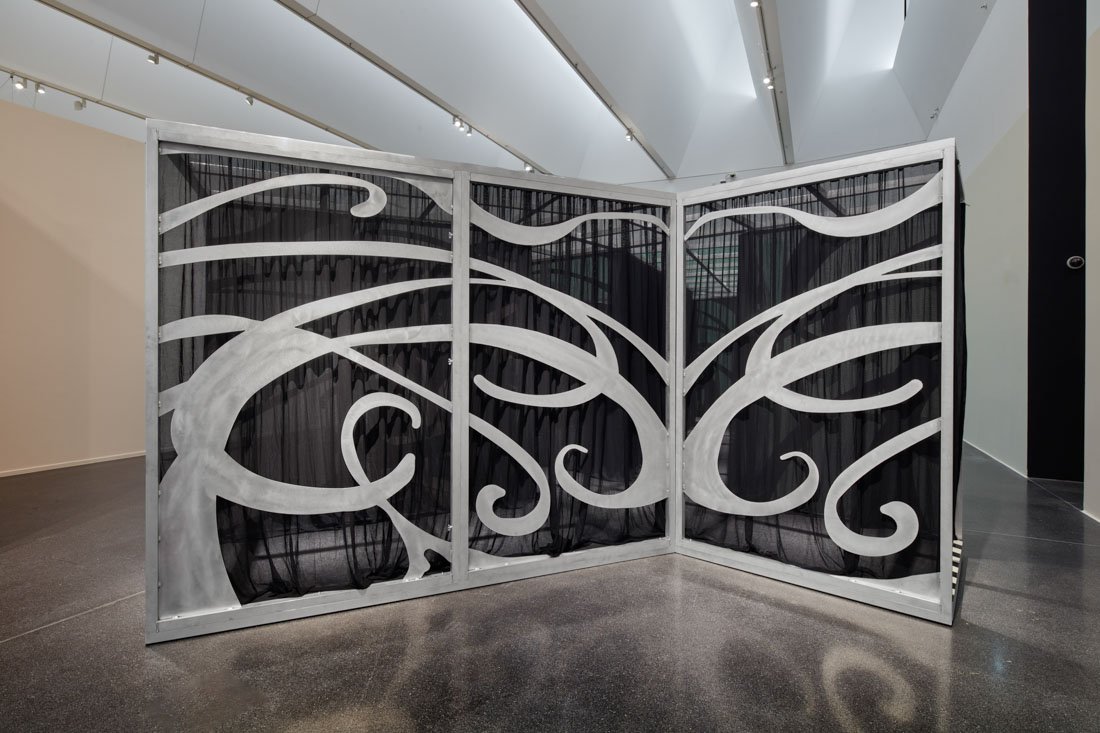


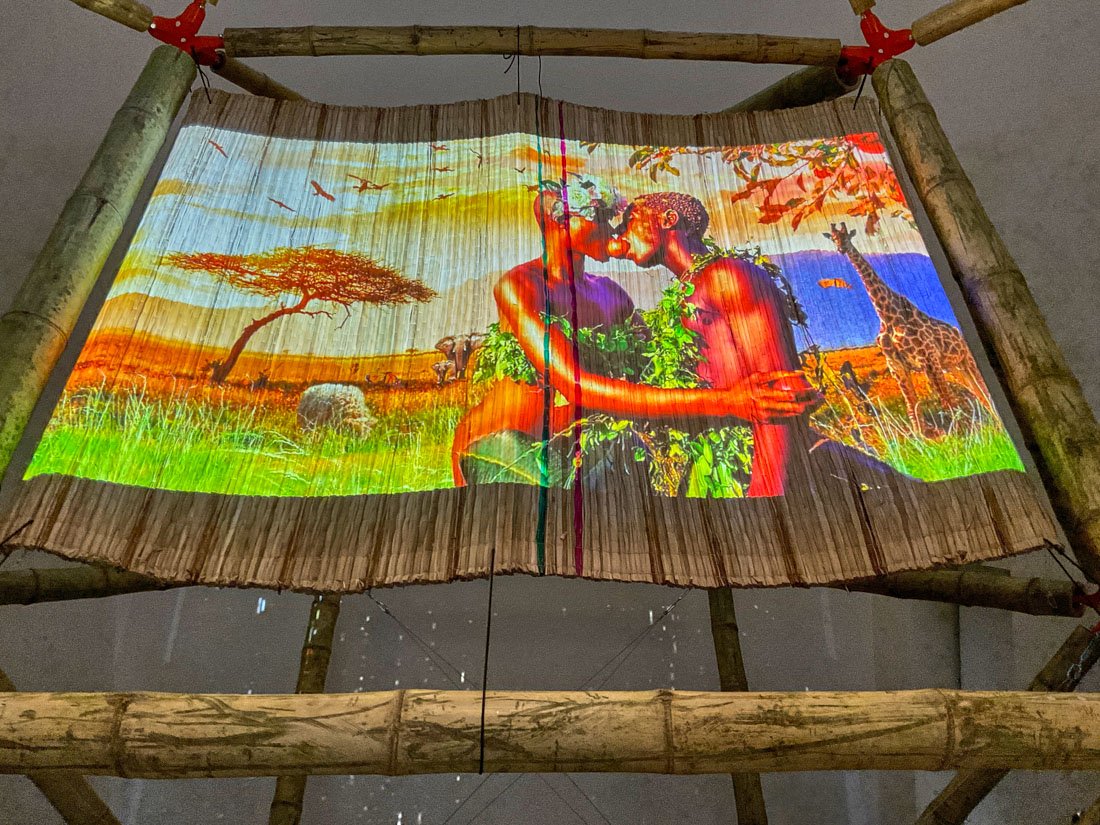
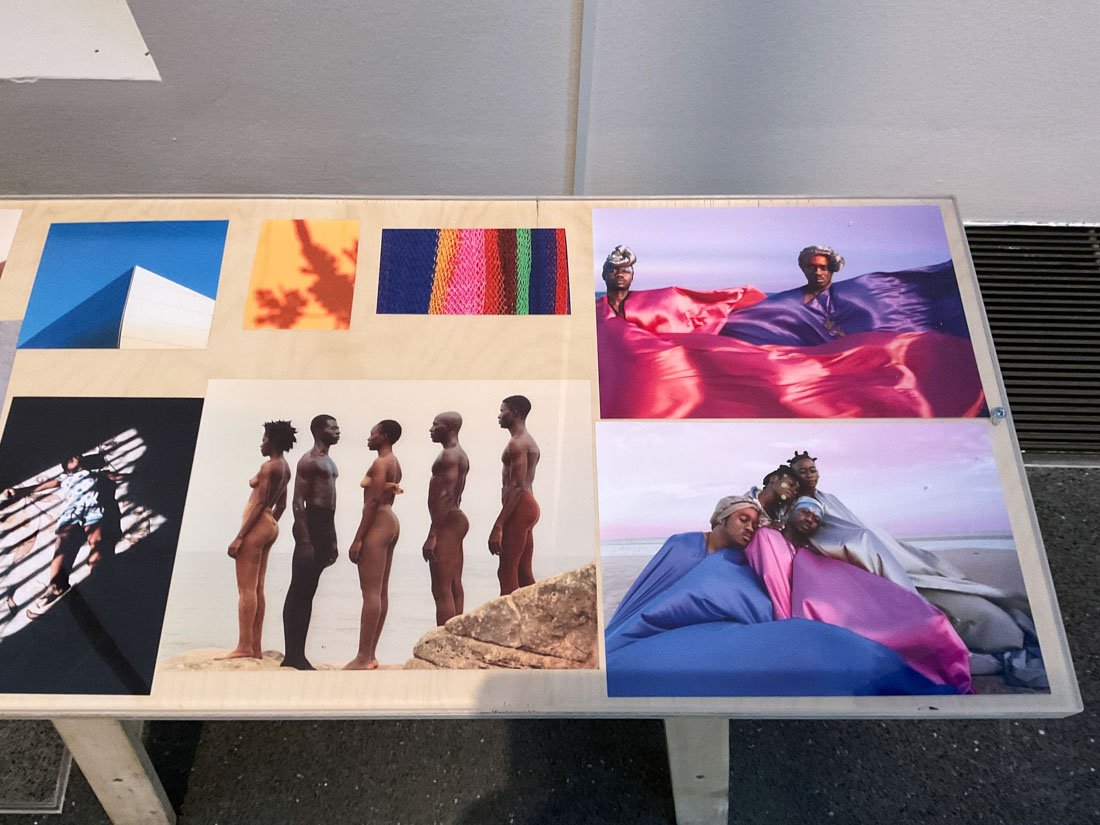
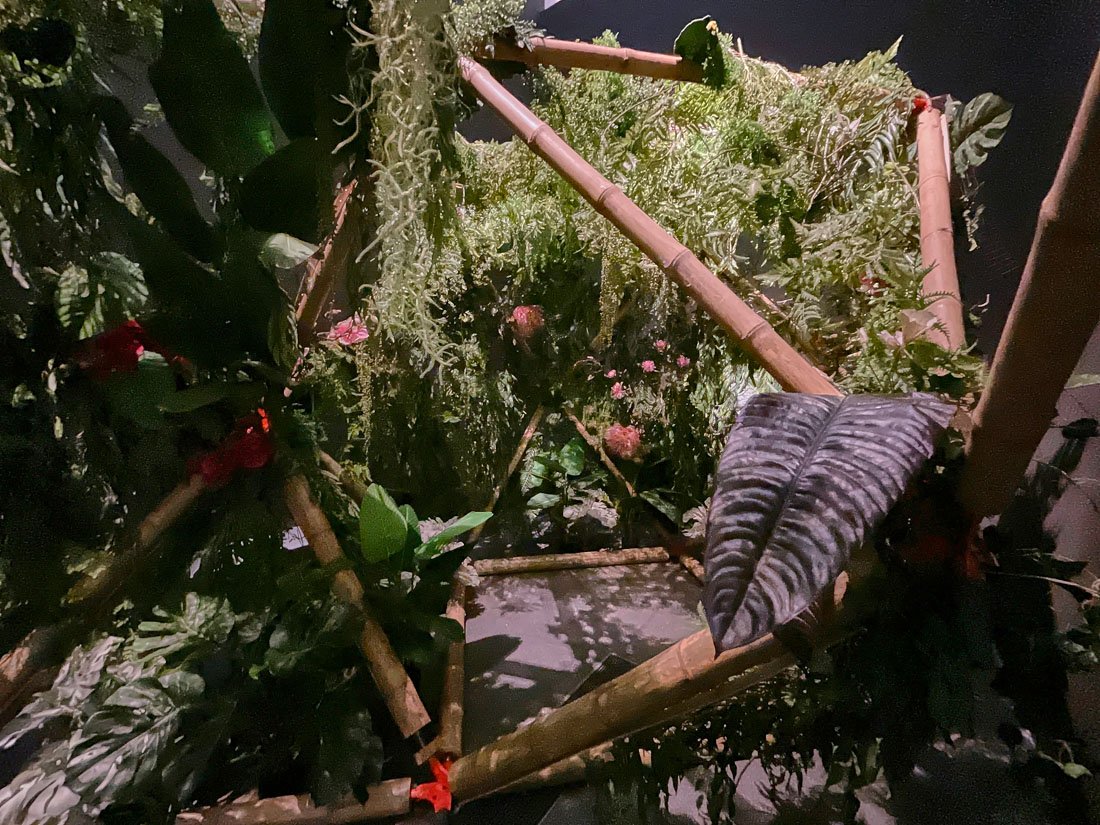

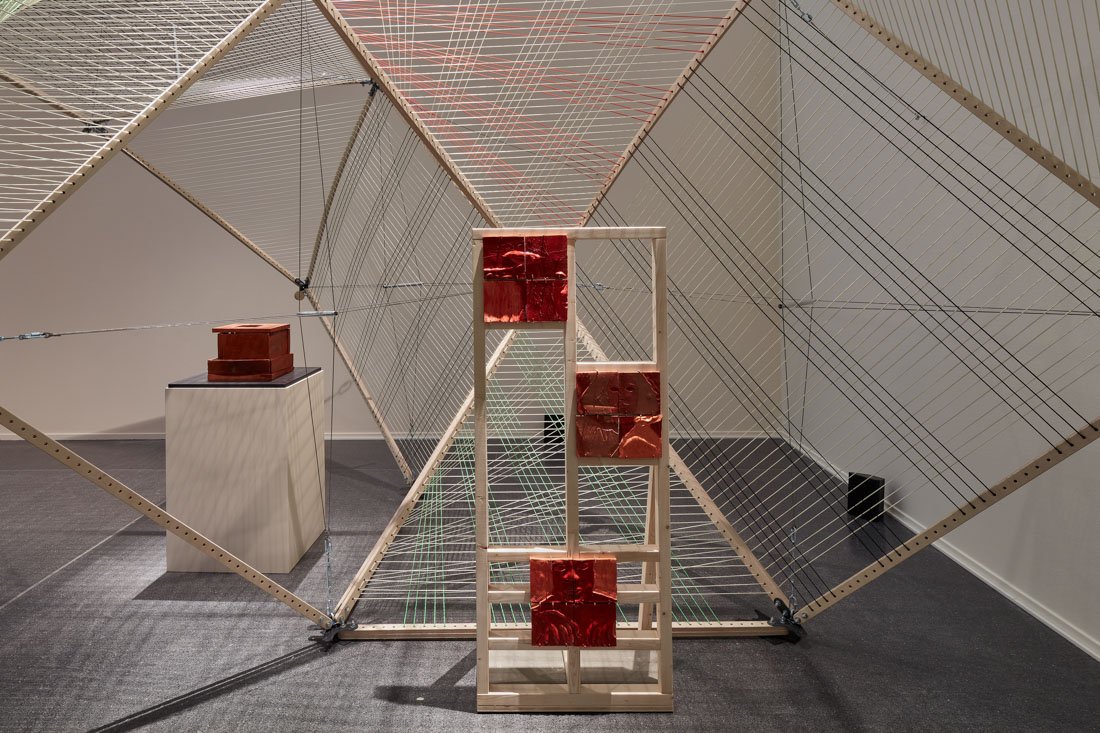


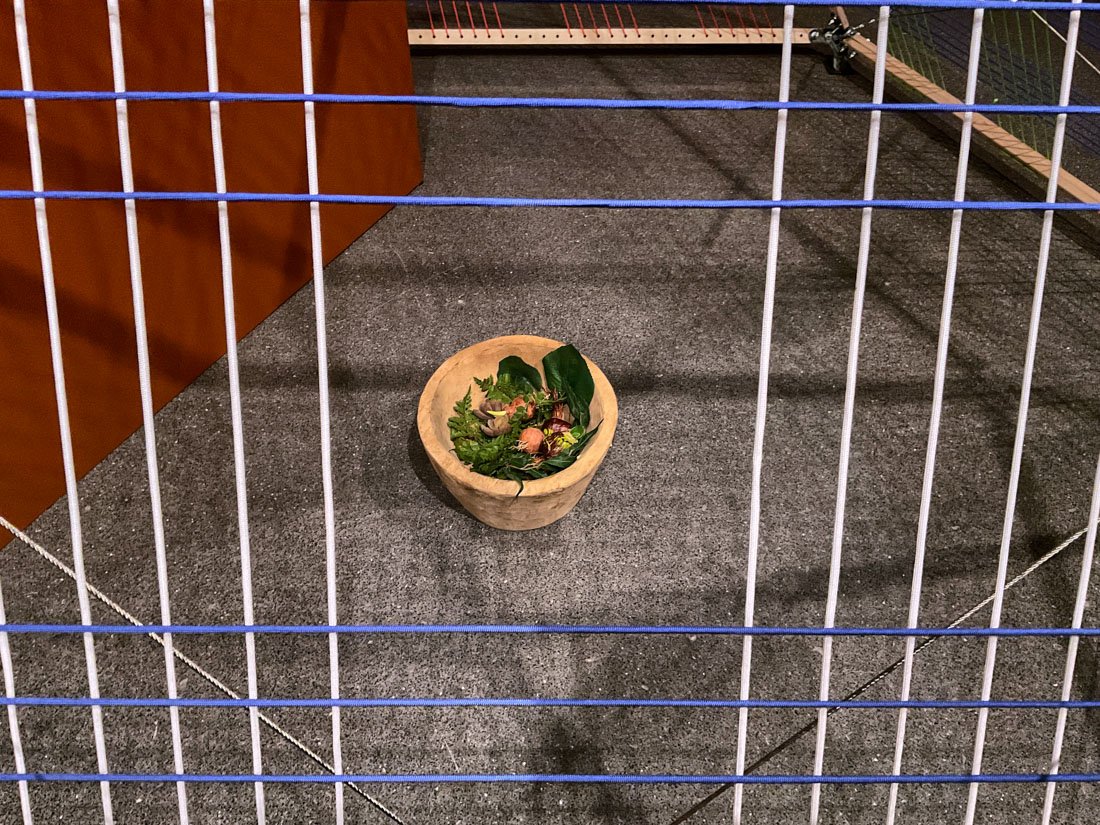
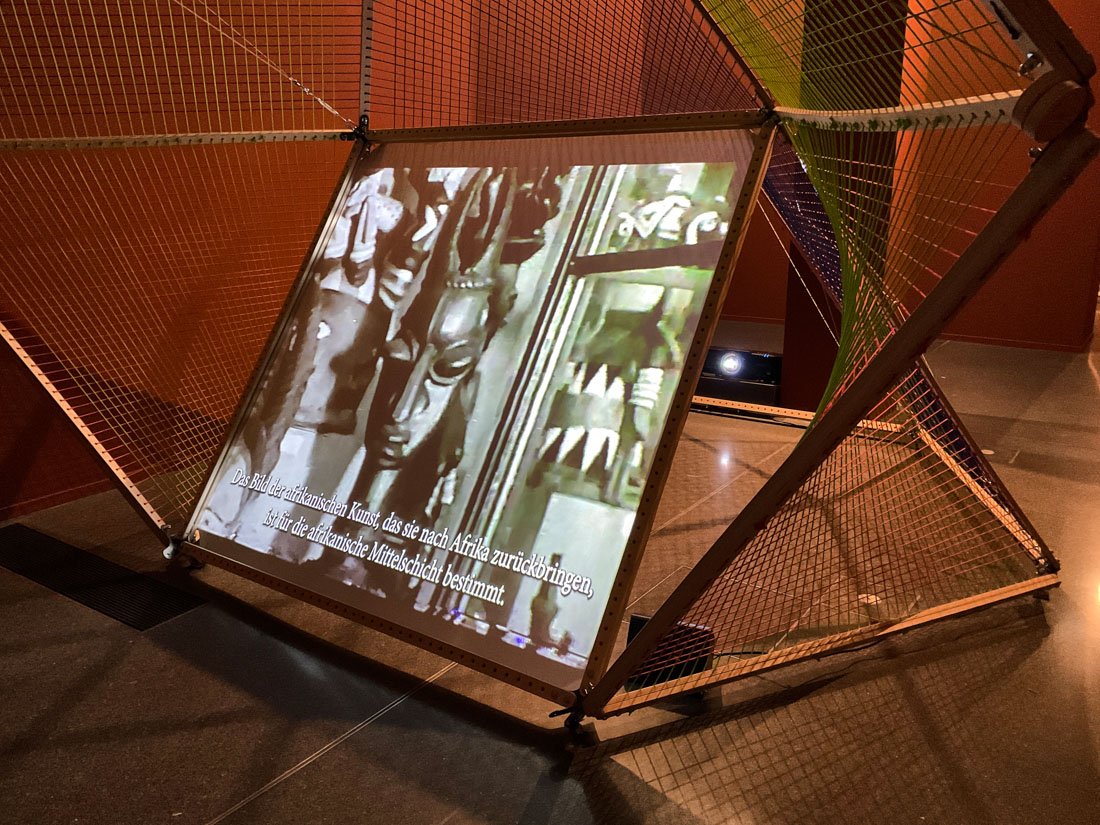

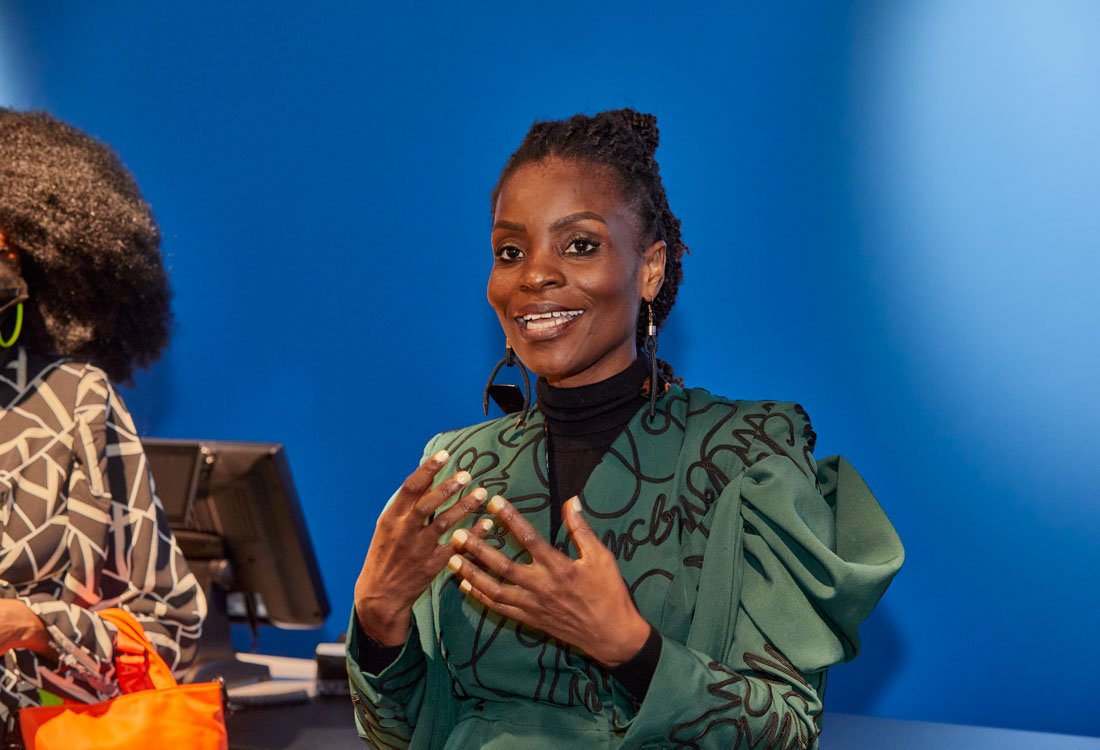
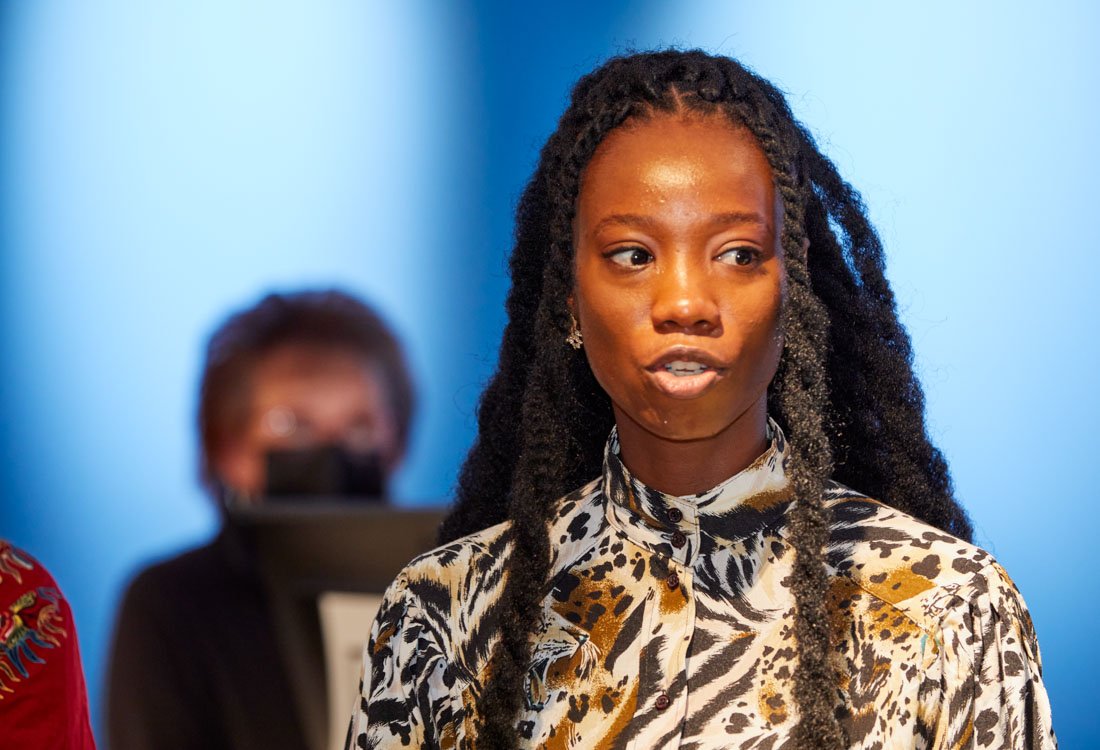
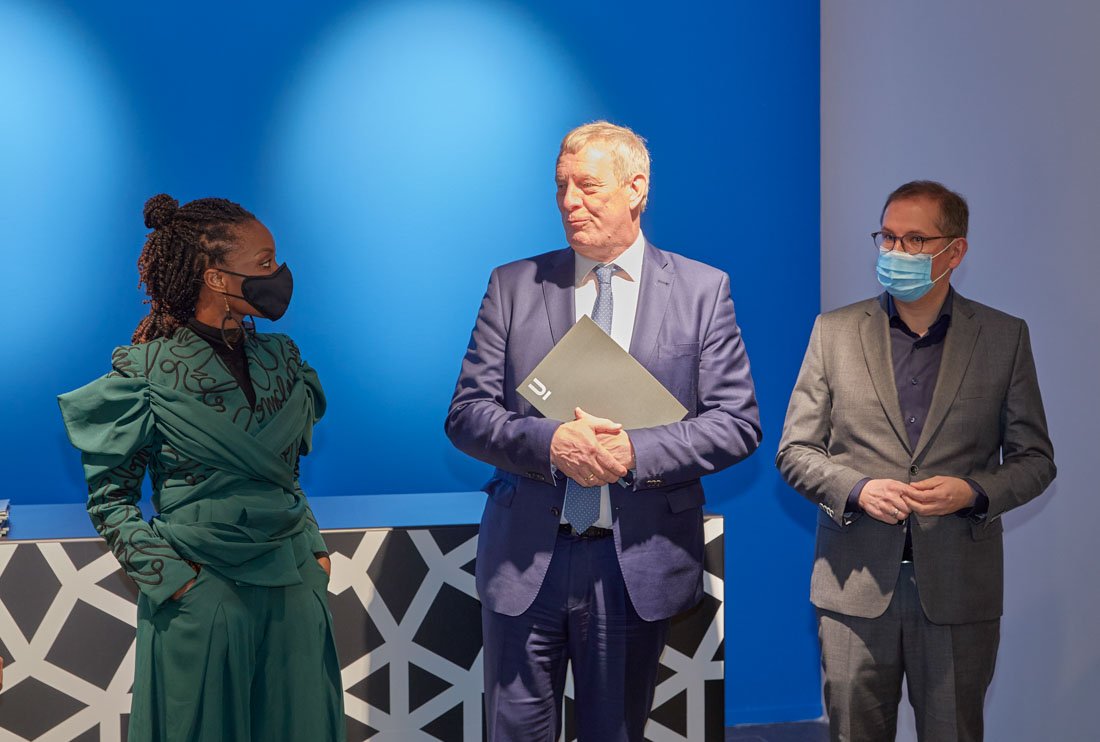


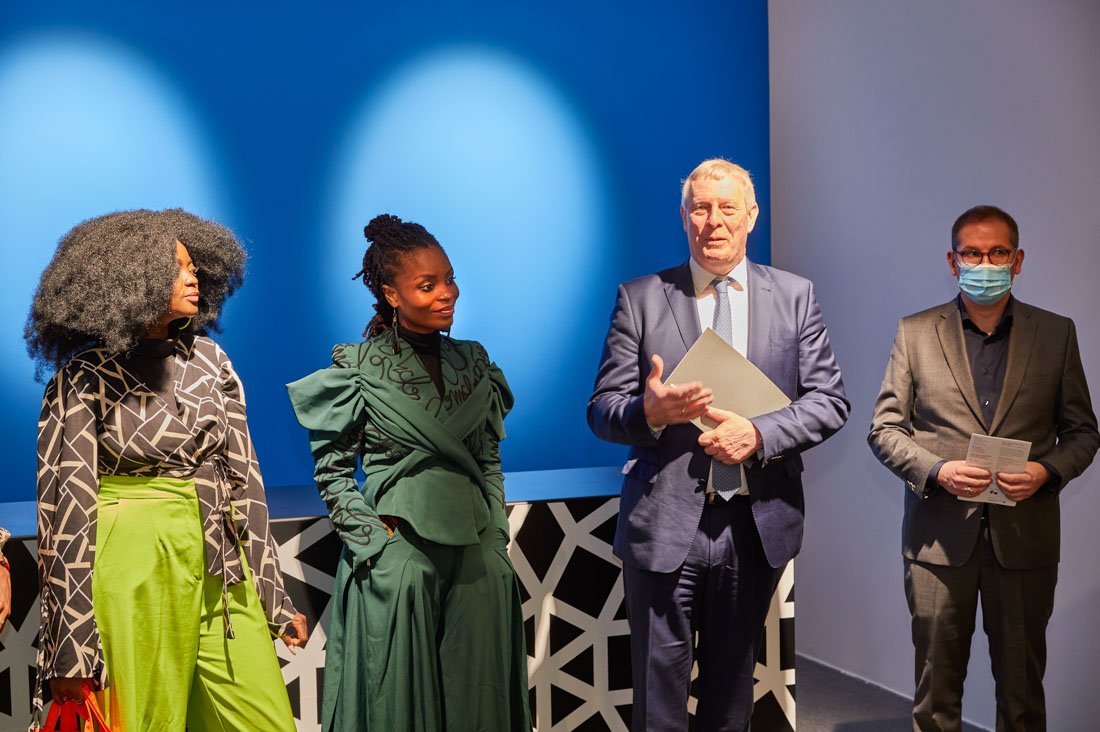


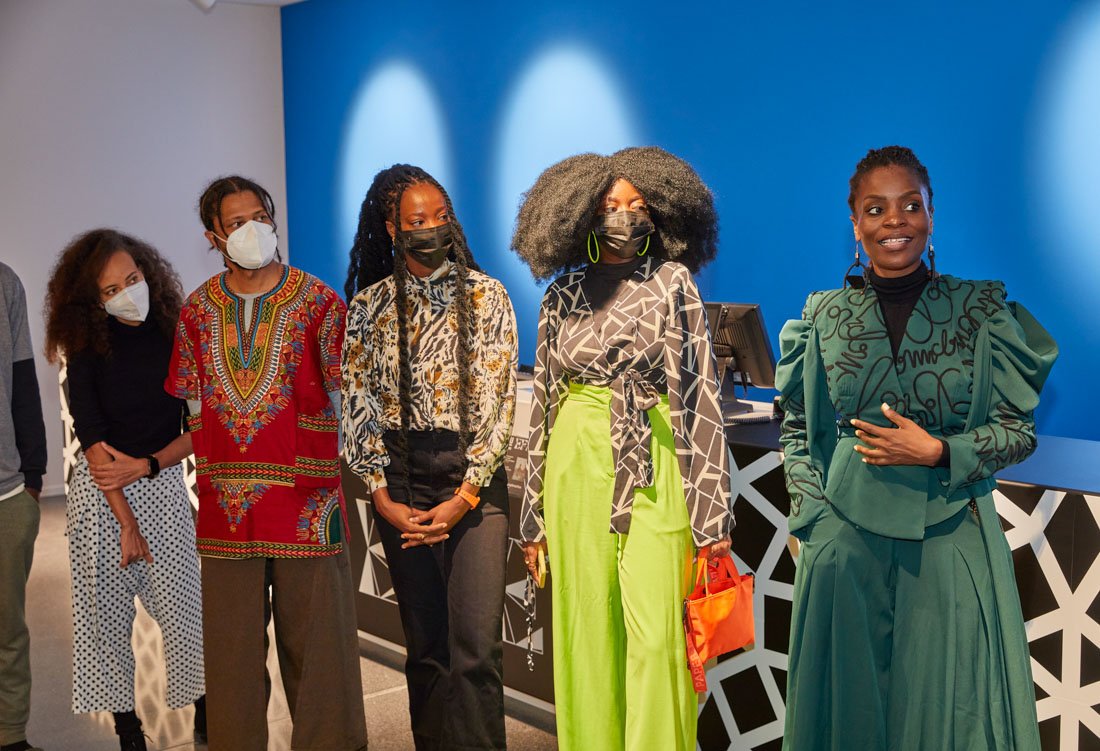
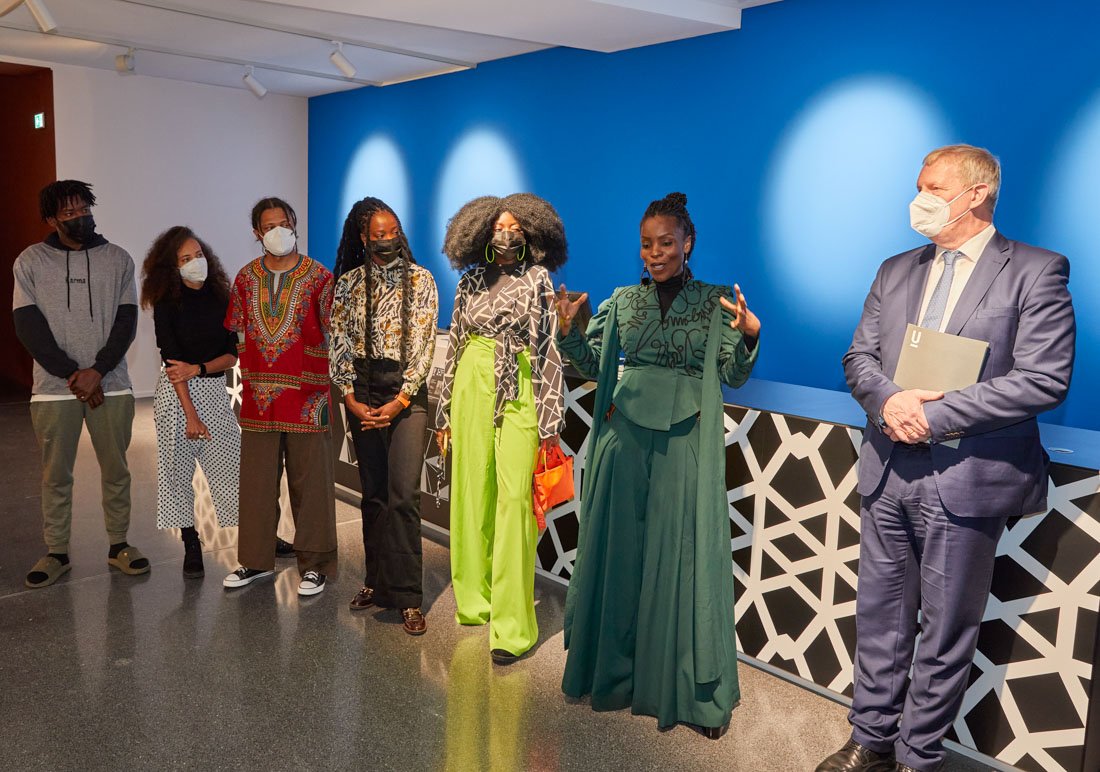
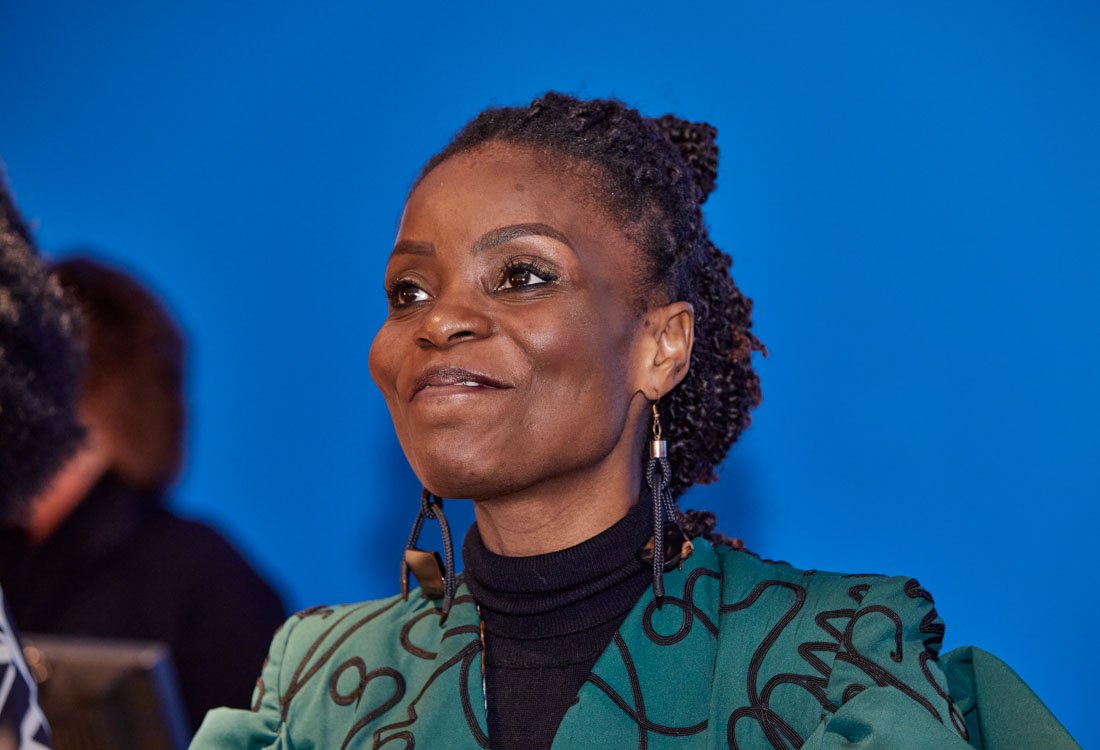
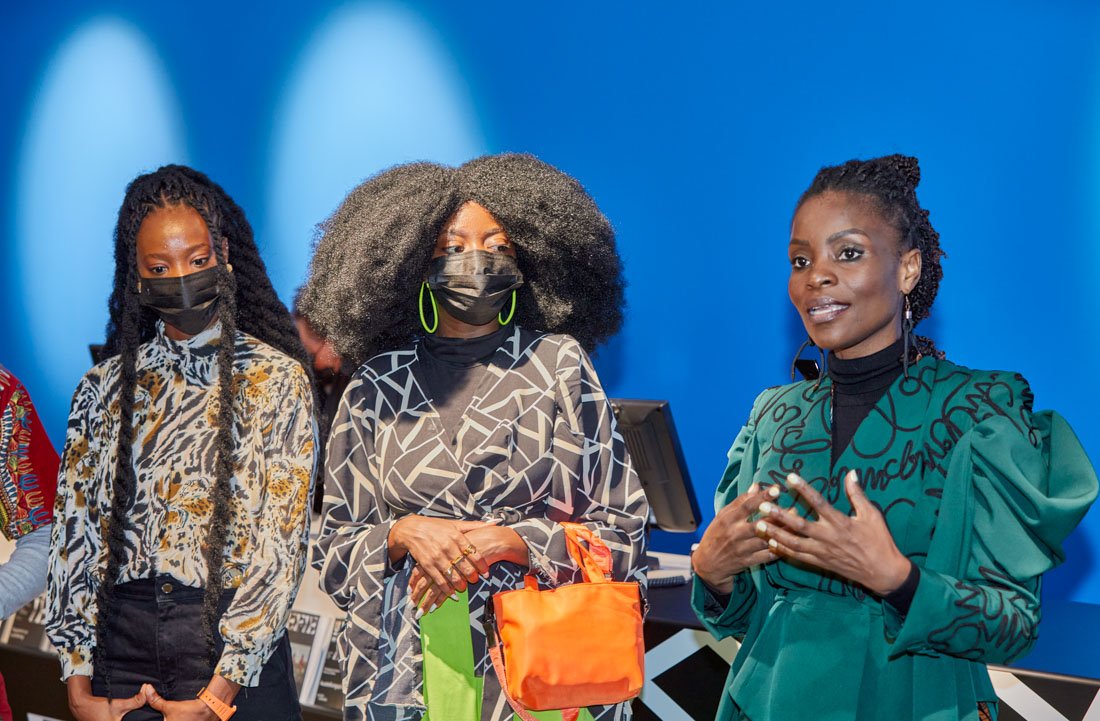

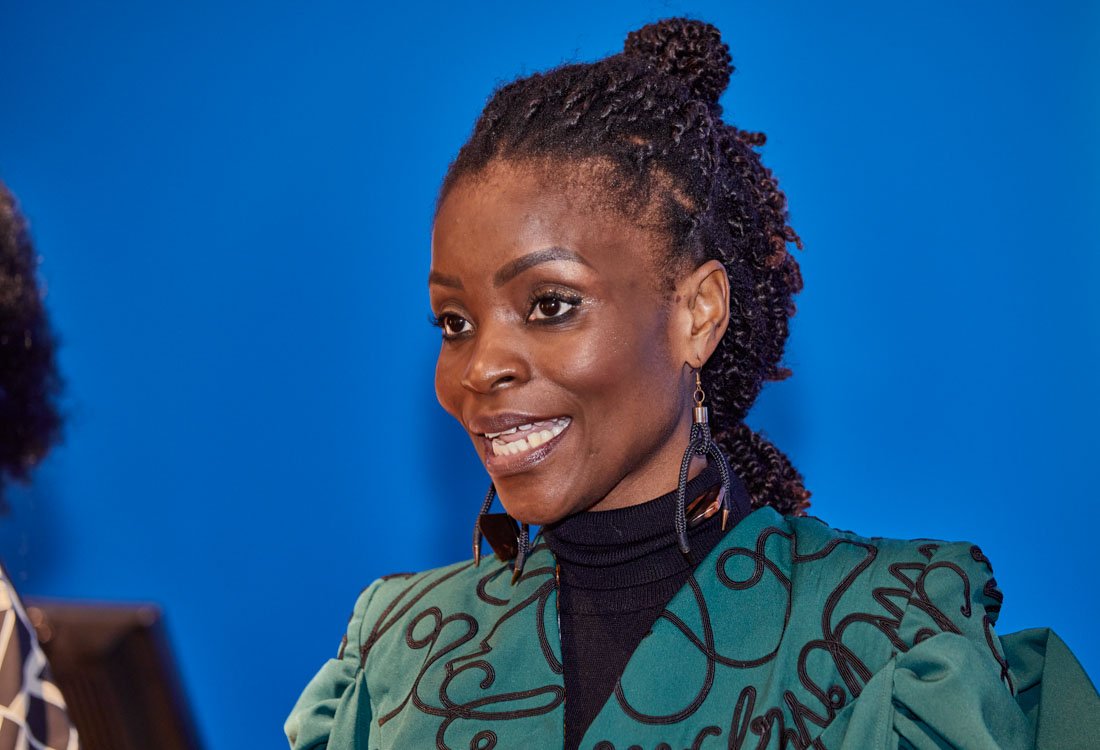
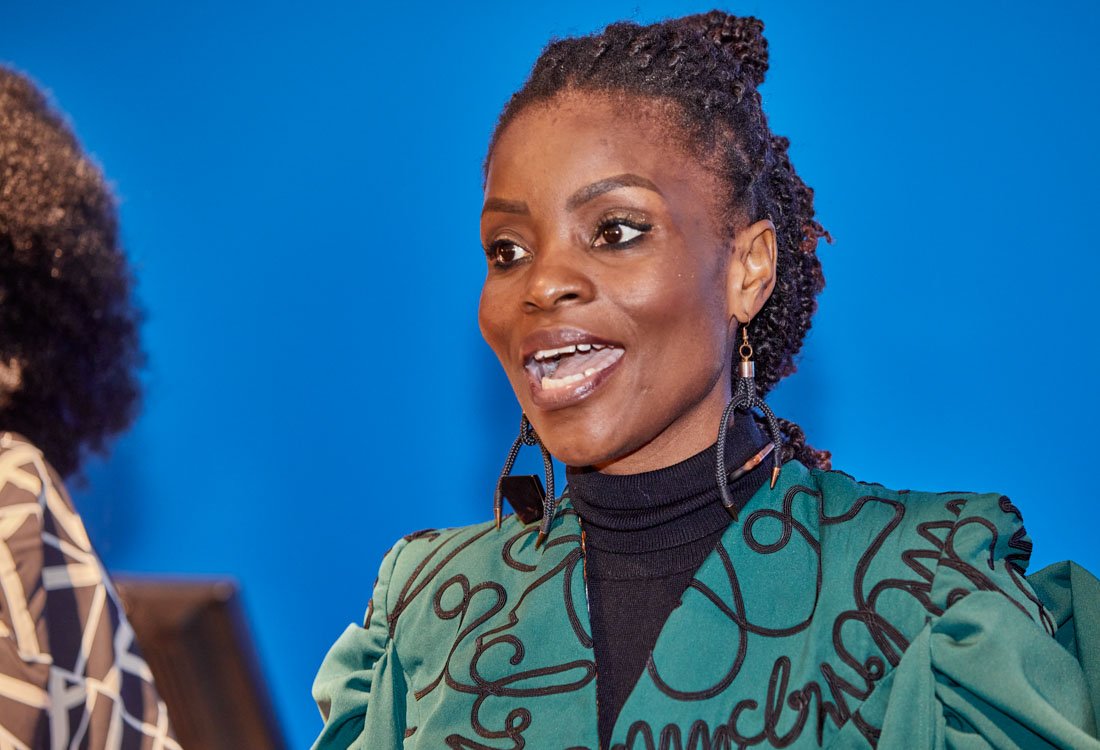
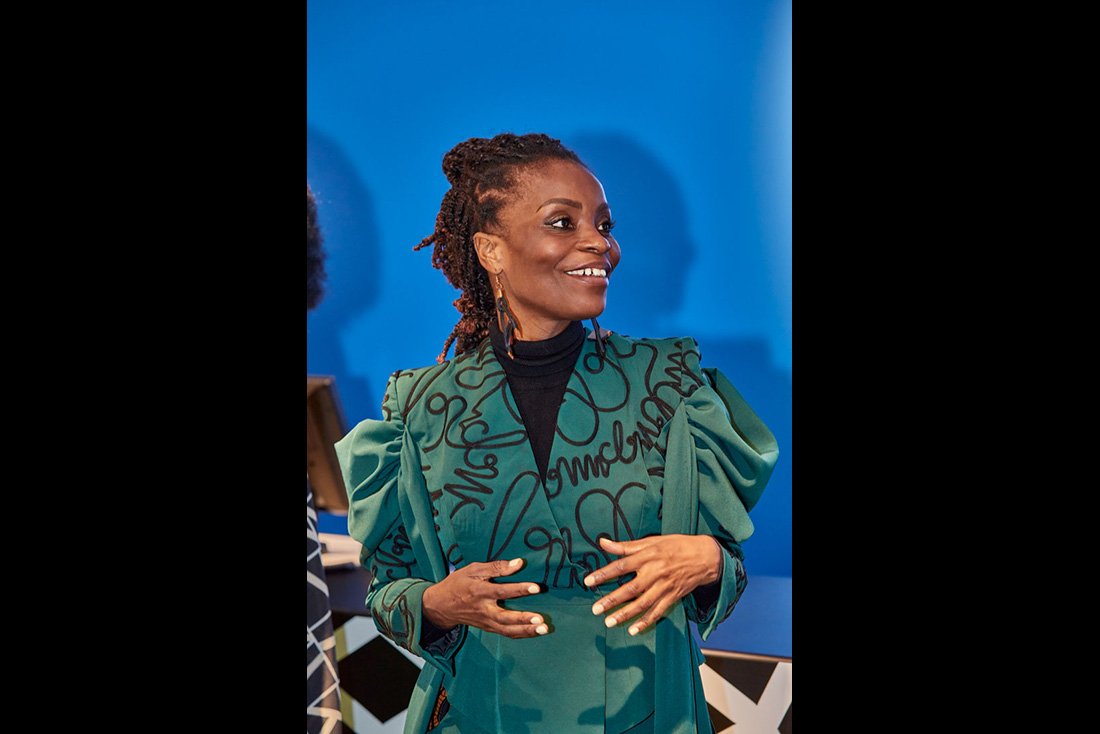
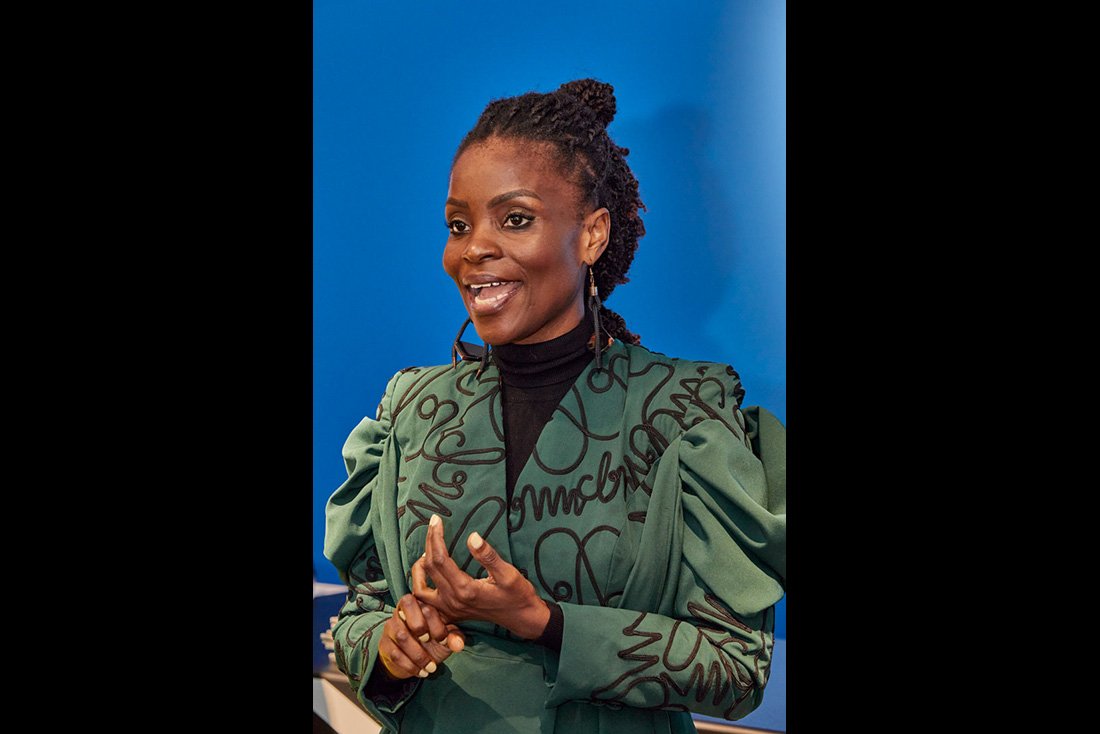

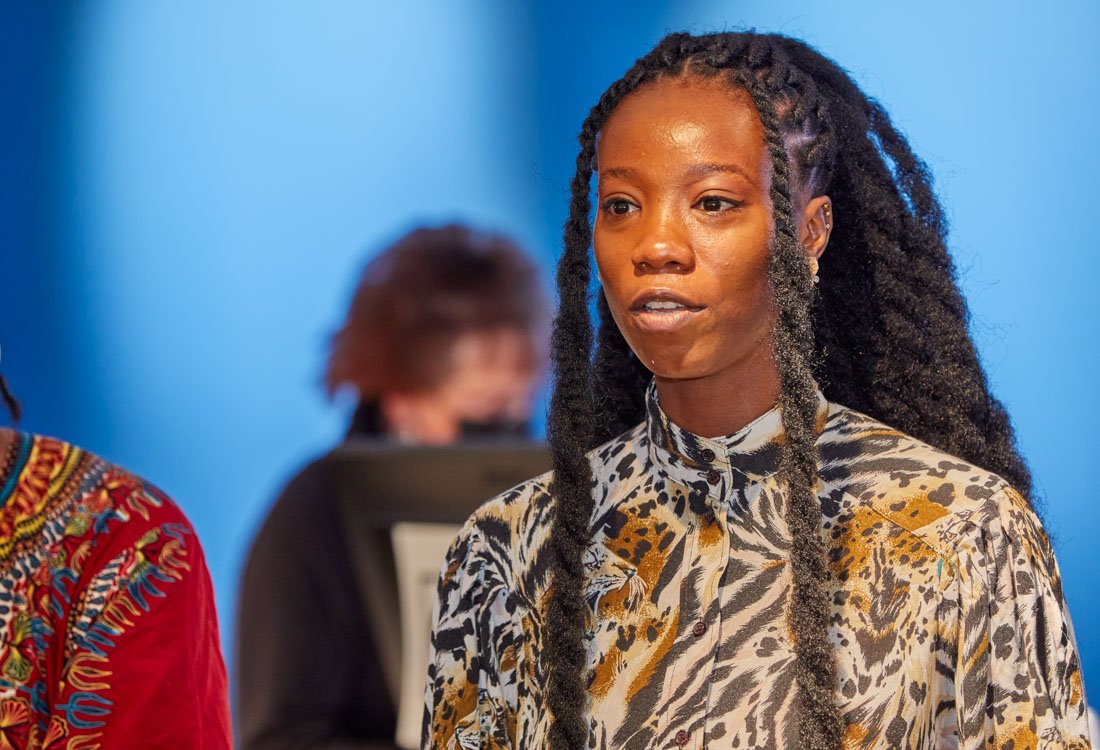
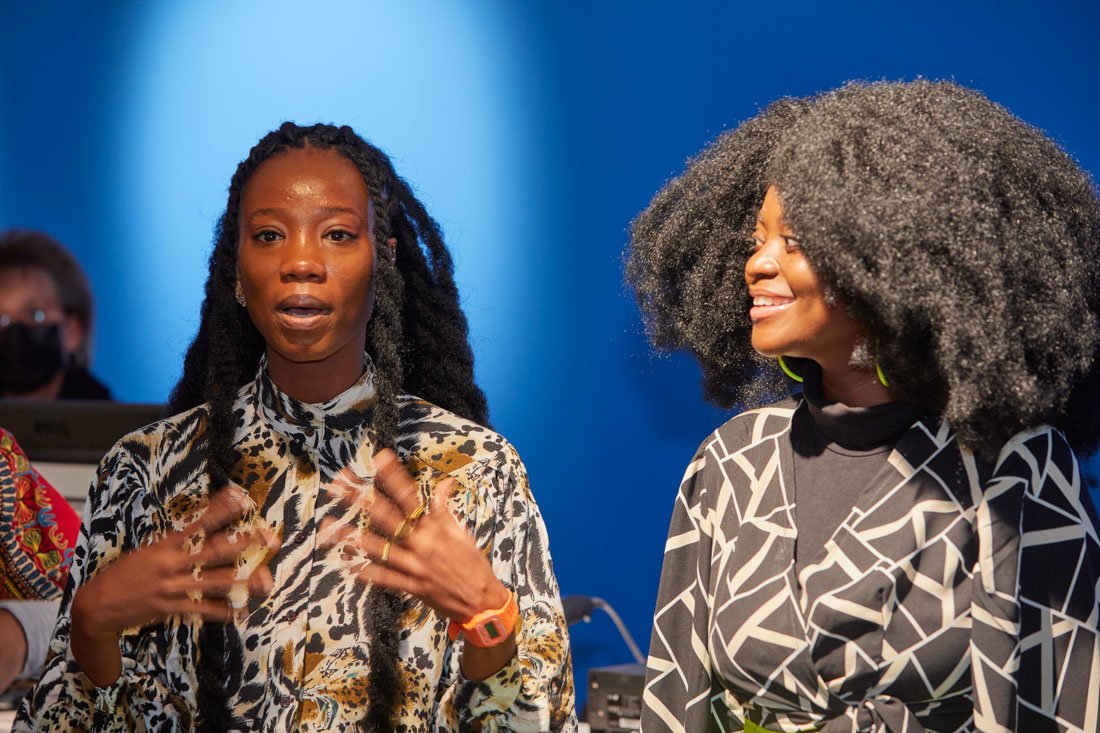
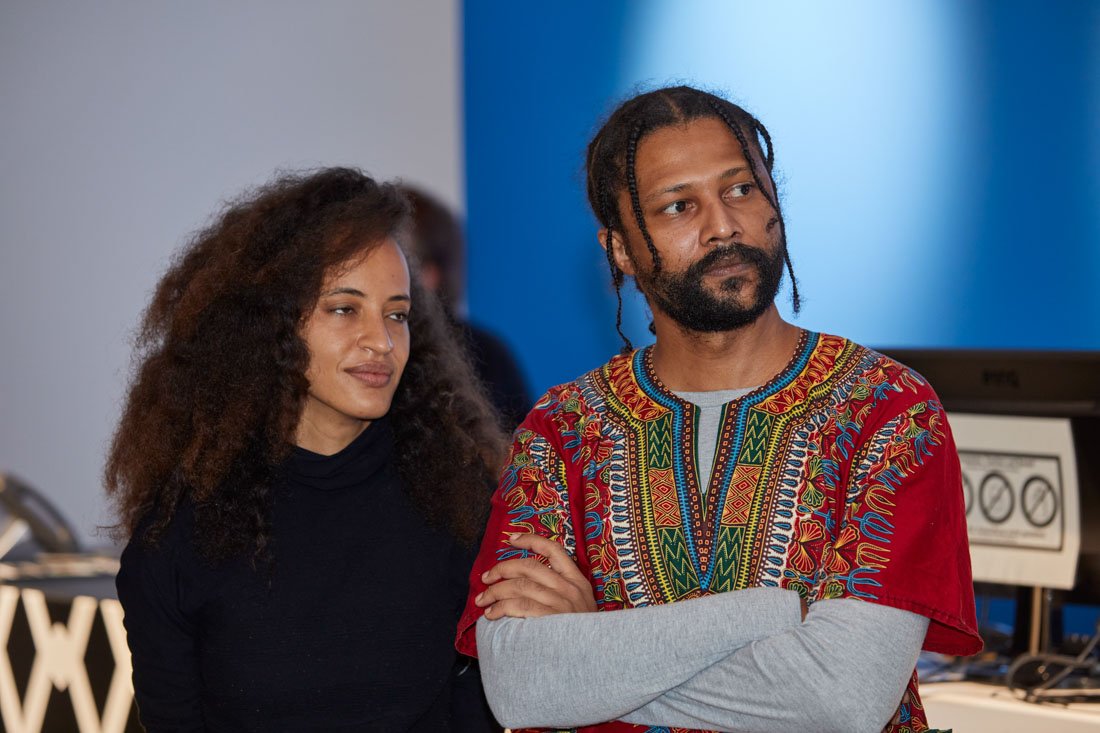

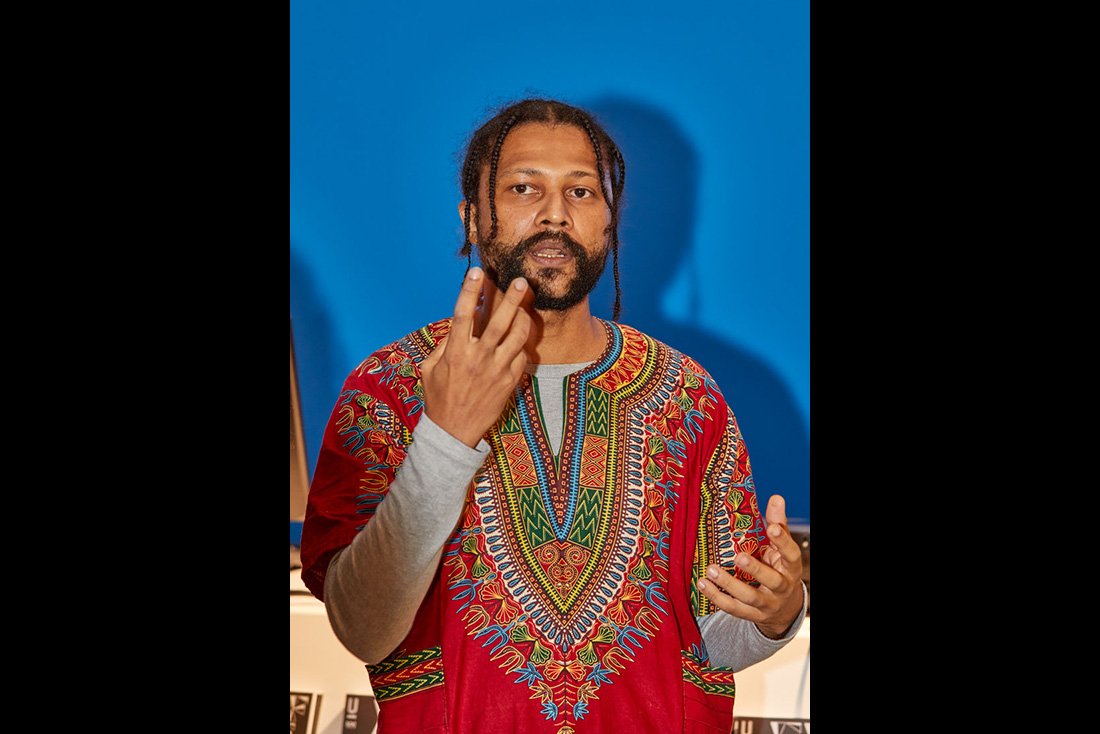
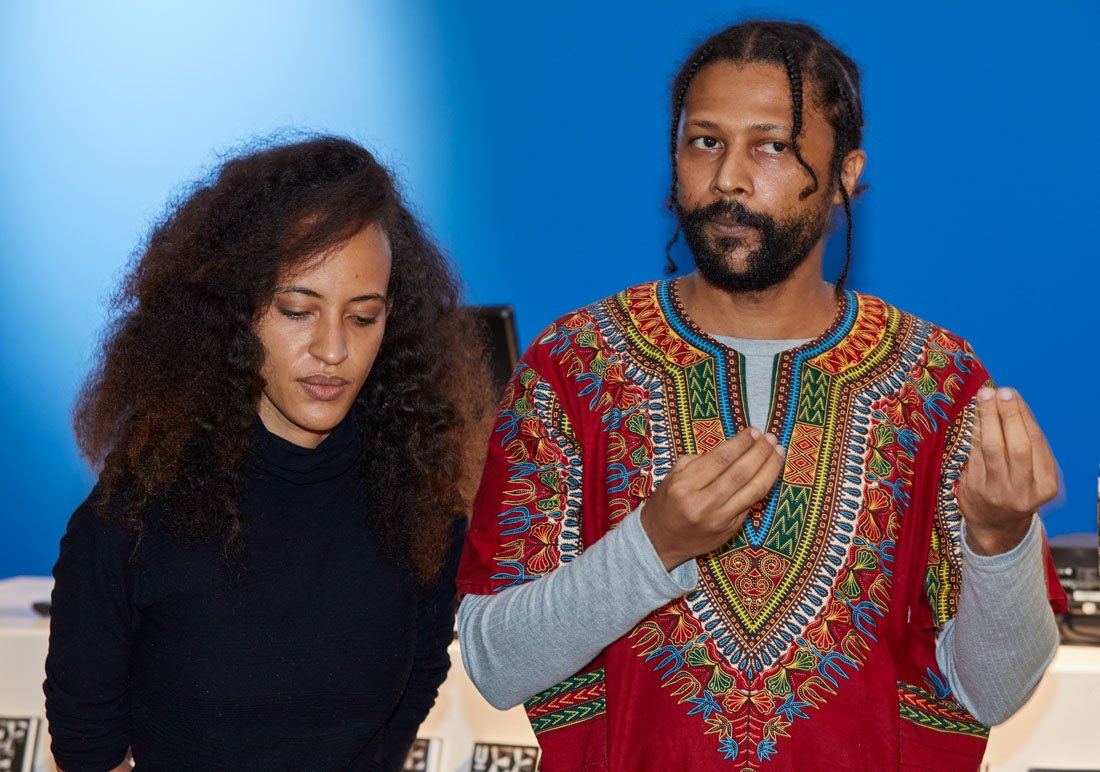
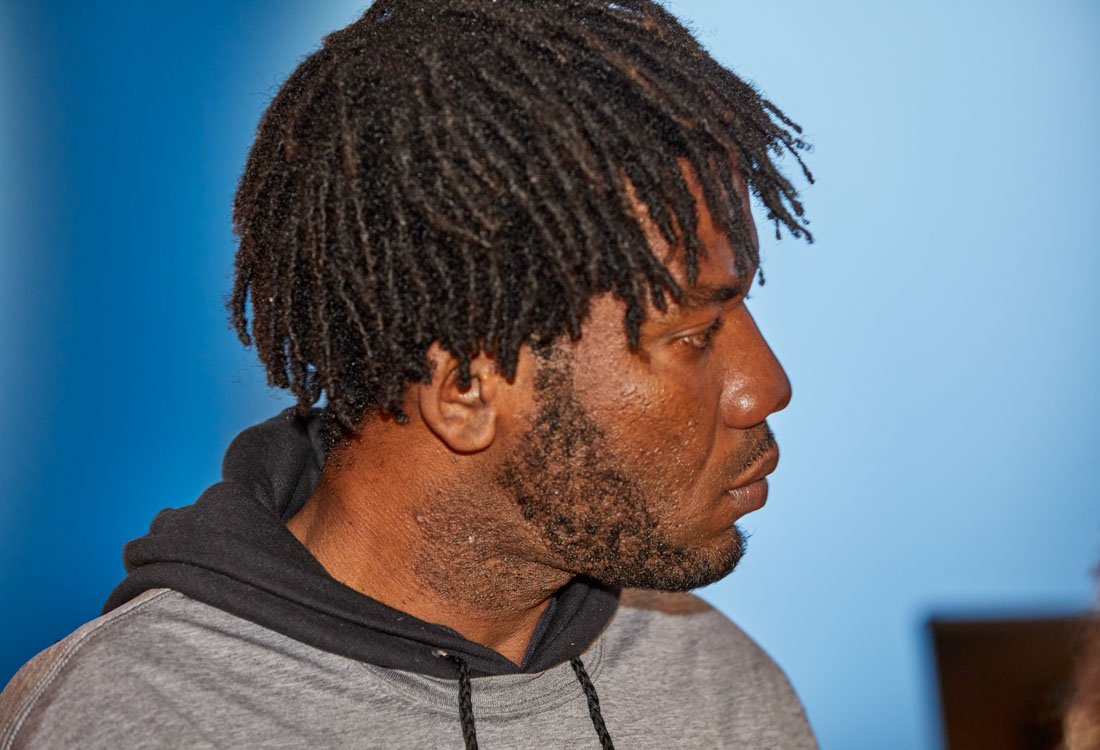
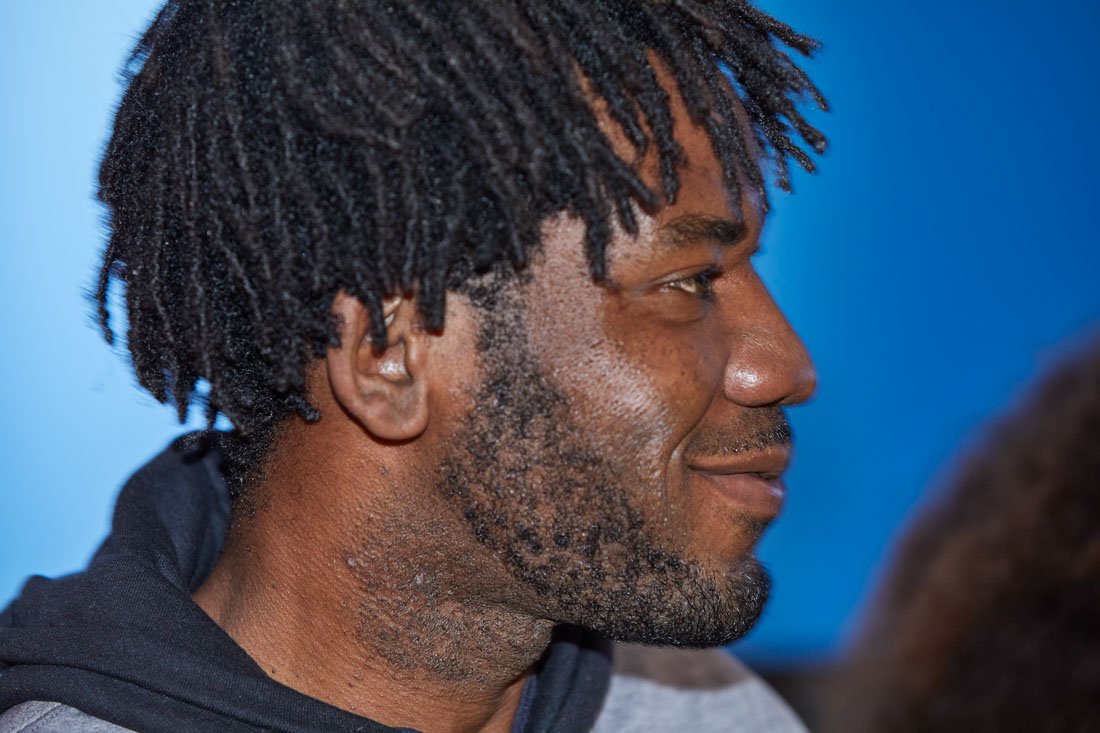



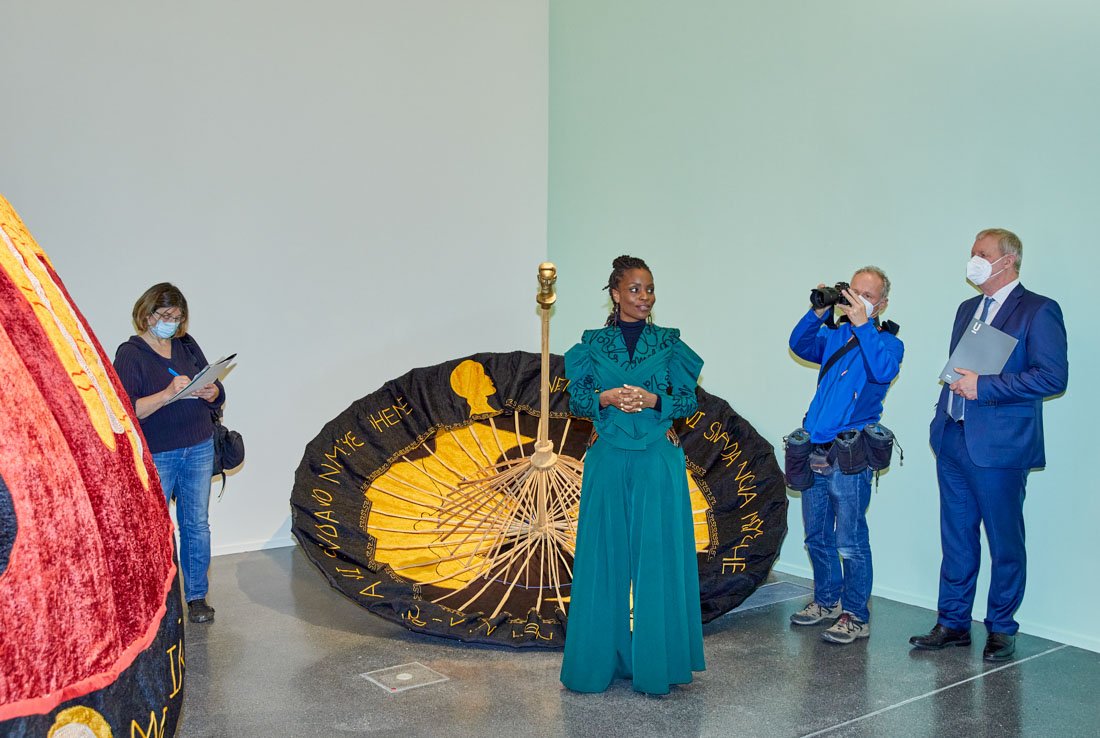

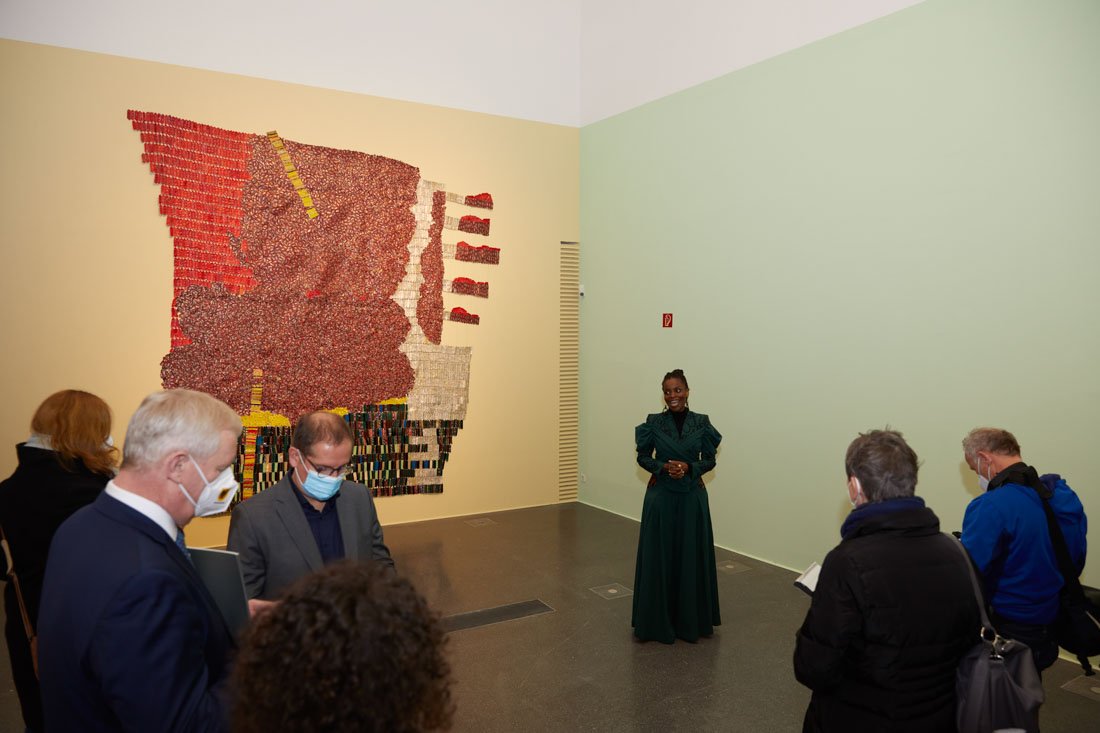























































































An exhibition of historical and contemporary Ghanaian art, that widens the concept of what a museum can be, by reimagining historical forms through new lenses, and thus opens up possibilities of new worlds and realities.
Museums as we know them, at least the so-called Encyclopaedic Museums are based on the lie of the objective, of a flattened ’universal’ that comes from one vantage point looking out at all the others, labelled, othered, muted by temperature-controlled glass cases. And it is this way of seeing that has been extrapolated as the one ‘standard’ of ‘care’ and yet, we have had many centuries of exhibiting, of seeing, of experiencing, of caring.
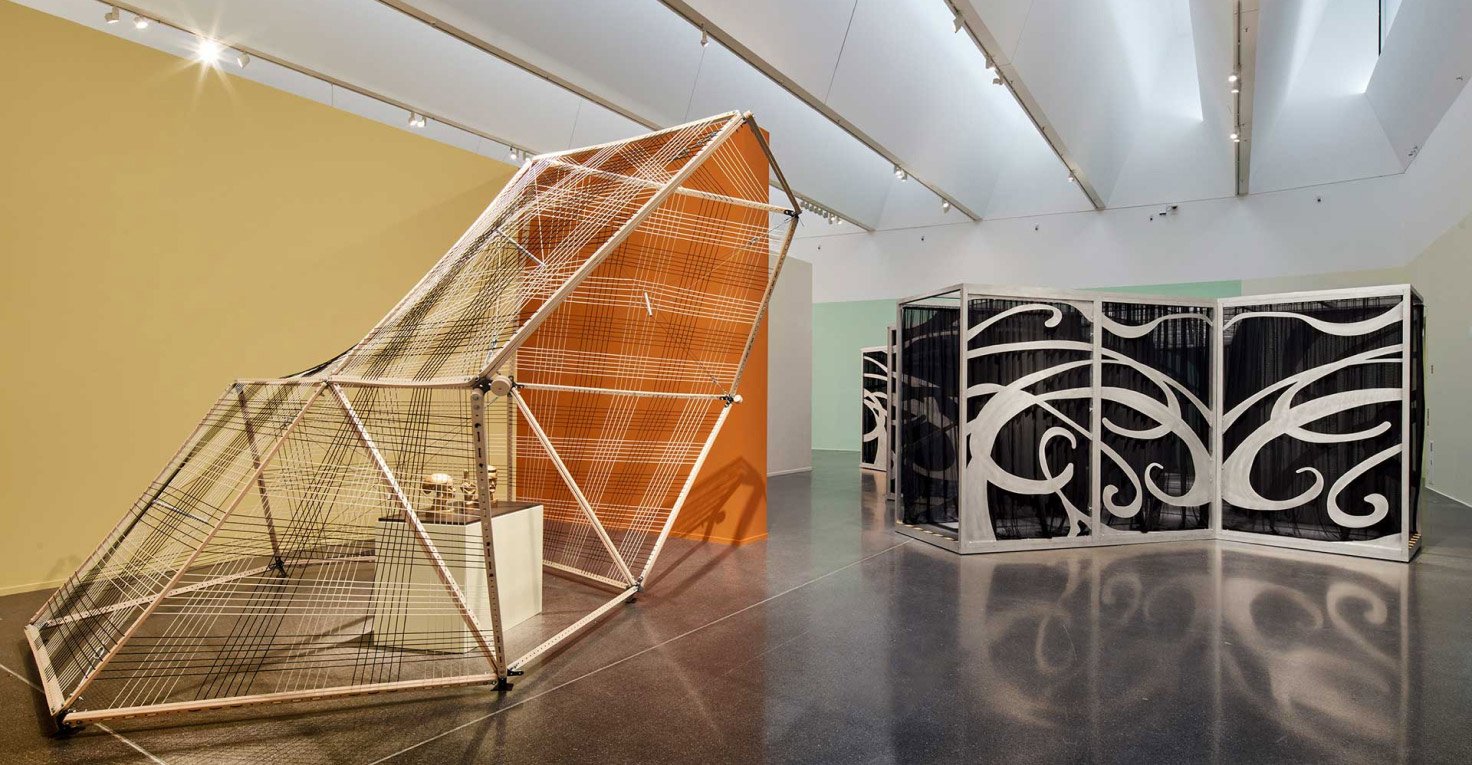
The ANO Institute of Arts and Knowledge works on changing and expanding Pan-African narratives through exhibitions, fellowships, archive and institution-building, as well as work with both local communities and international governments. One of their major projects has been to look into what a museum that is right for their particular contexts might be, as expressed through their work on the first Ghana pavilion at the Venice Biennale and through their Mobile Museum project that travels into communities throughout Ghana, and draws on historical ways of exhibiting, of communal visioning, of curation as care. The exhibition architecture is modelled on the latest iteration of the Mobile Museum, the fufuzela, created out of bamboo, as an open-source, modular, mobile structure that houses the artworks in the exhibition space.
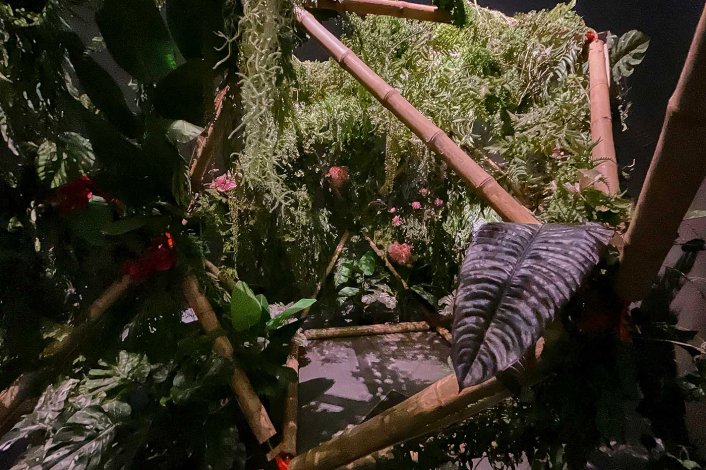


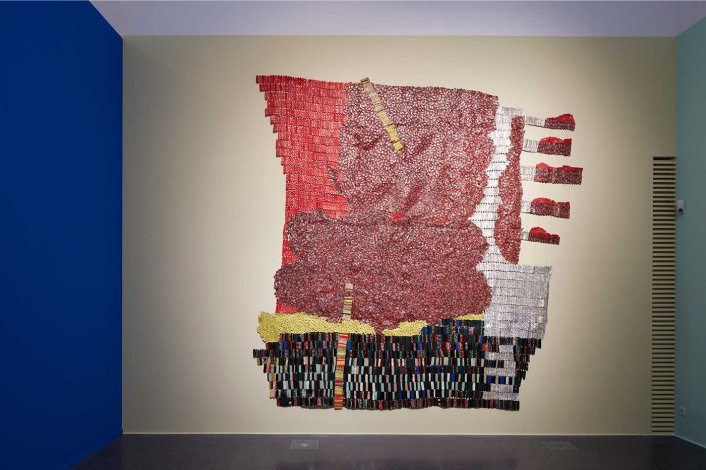
The exhibition looks at the many ways to bring the museum home, especially at this moment as we rethink the imperialist model that Western museums were built on, and then imported to satellites across the world. The modular bamboo architecture of the space by the architect DK Osseo Asare looks at how a museum might look like that is not a fixed monolithic building, but something more organic, more integrated with the work.
The works of Afroscope, Kwasi Darko, and Diego Araúja examine what museums might be if they were not the spaces imposed on us, but something else, perhaps not yet in existence, playing with the structure of the mobile museum, to deconstruct given narratives of evolution, of religion, and of capitalist growth and development.
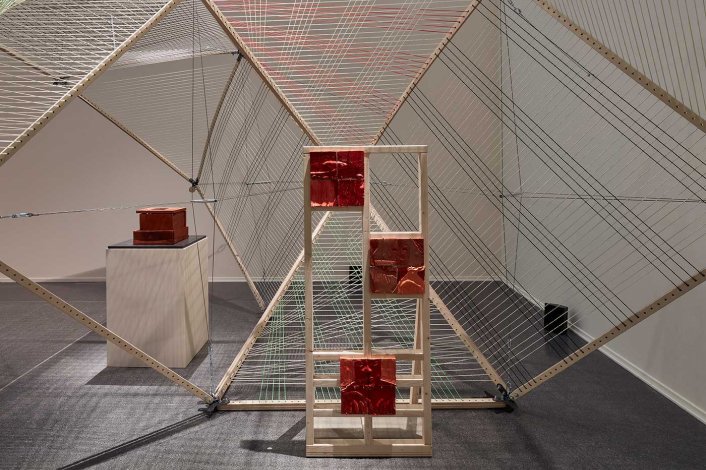
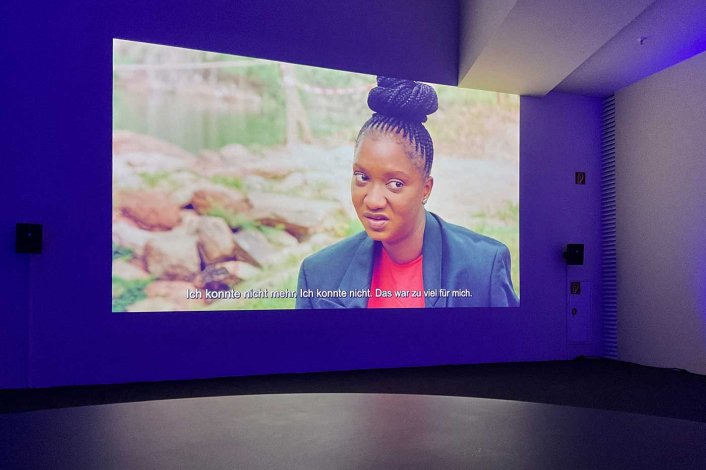
Works by Kuukua Eshun, Na Chainkua Reindorf, Rita Mawuena Benisson ask what would the museum be if reimagined not as outside of us, but as part of us, reflecting the many different, pluralistic identities that make us up, through the culture of our present and our past, by looking at historical forms, such as Asafo flags and masquerades, symbols of royalty and also the body itself. They, like Studio Nyali ask, what if we imagined museums as homes for objects with the care that came with that, by looking into one rare historical structure that was kept safe from colonial destruction, how were objects kept and treated?

Historical items taken from the communities of what is now Ghana in colonial times, and now housed in German Museums, specifically the Übersee Museum in Bremen, MARKK in Hamburg, and Rauchenstrauch Joest in Köln, are shown here not as they would be in those museums as inert objects, but as imminent and alive, in spaces of healing from the fragmentation caused by their removal. A walkway that connects the historical and contemporary works shows ANO’s work across Ghana with the Mobile Museum, in communities across the country, and with the National Museum, as they engage actively in these acts of reimagining and recreating.
Artists:
Afroscope
Diego Araúja
Rita Mawuena Benissan
Kwasi Darko
Kuukua Eshun
Na Chainkua Reindorf
Studio Nyali


